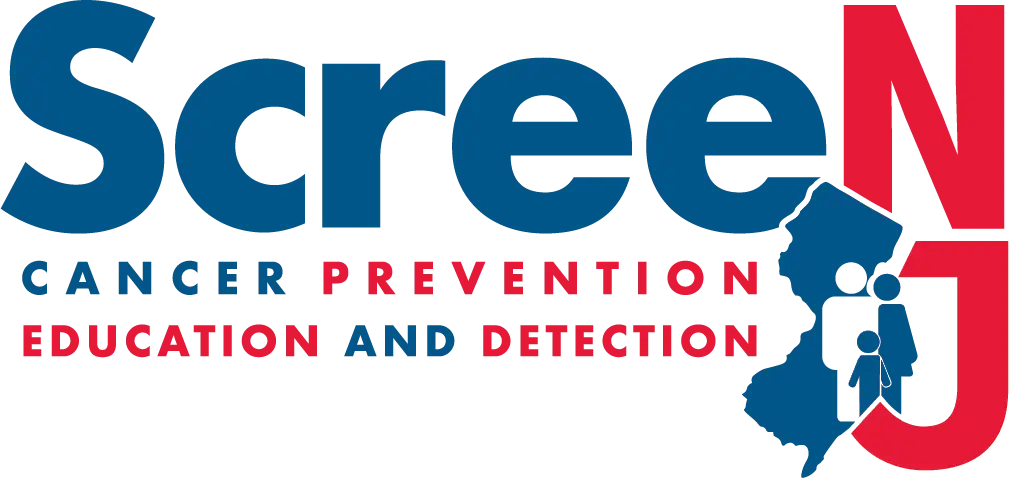About Us
Program Overview
One in two men and one in three women will develop cancer in their lifetime.

Overall, cancer is the second leading cause of death (behind heart disease) in both the United States and in New Jersey. Despite declines over time in certain cancers within the state, New Jersey continues to rank among the top ten worst states in cancer incidence. Among the more than 50,000 new cases diagnosed annually, common screening-detectable cancers — such as breast, prostate, colorectal and lung cancers — account for nearly half of all new cases among both men and women in New Jersey.
In partnership with the Rutgers Cancer Institute, the New Jersey Department of Health, and healthcare and community organizations across New Jersey, ScreenNJ aims to increase screening for breast, cervical, colorectal, genetically-linked, HPV-linked, lung, prostate, and skin cancers to reduce cancer mortality rates, to reduce disparities, and to educate New Jersey residents about the importance of cancer screening, early detection, and prevention.
ScreenNJ partners with, connects, and supports healthcare provider agencies, public health agencies, and community organizations throughout the state that provide education on, refer patients to, or directly provide screening services for cancer. ScreenNJ also helps organizations initiate or expand these types of outcomes-oriented, evidence-based screening and outreach services.
Our Goals
ScreenNJ is dedicated to educating New Jersey residents about the importance of cancer screening, early detection, and prevention.
Increase access to timely cancer screening.
Reduce cancer mortality rates.
Reduce disparities in cancer screening access.
Get In Touch
Contact us today to schedule a consultation
Meet Our Team
Leadership Team
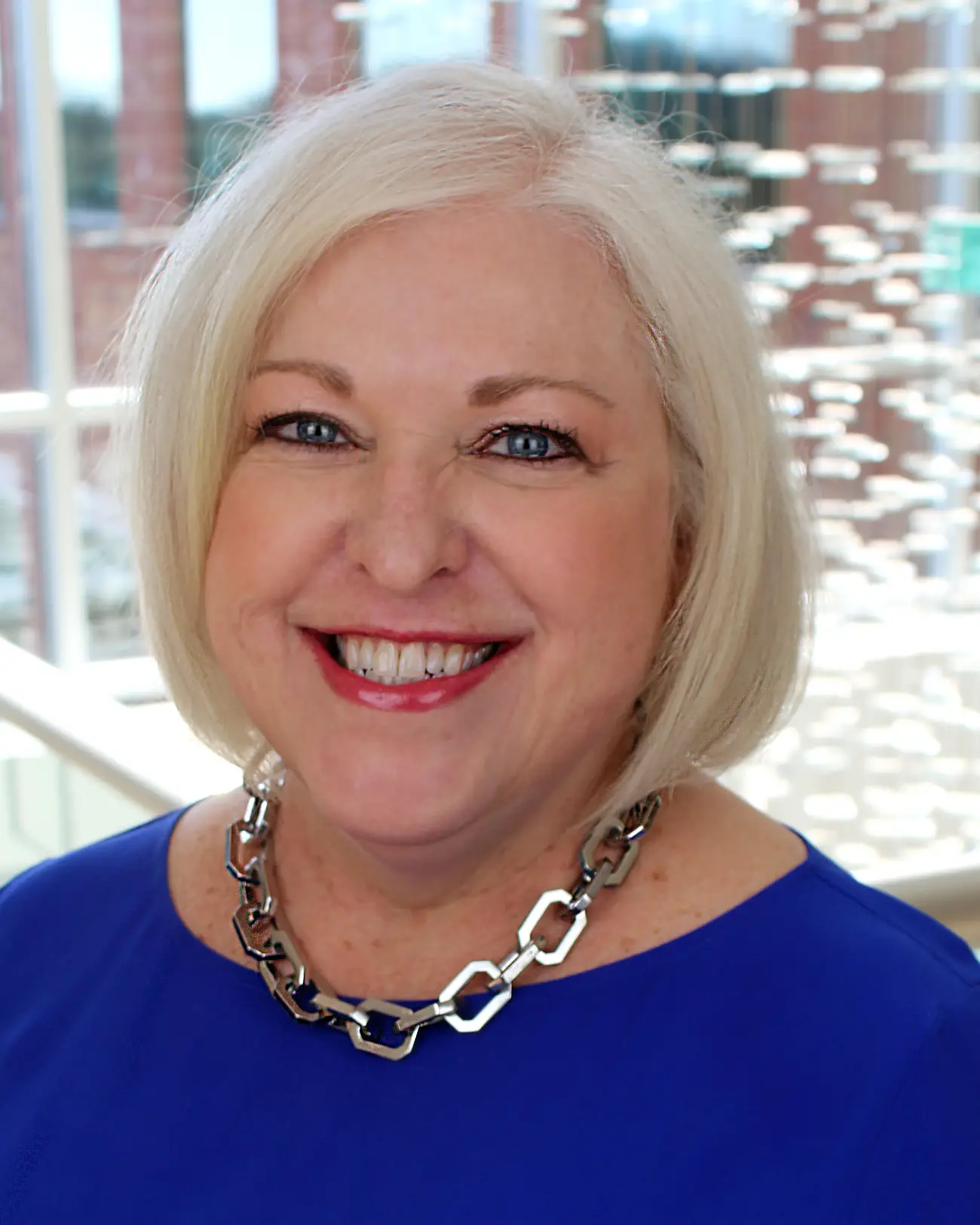
Anita Y. Kinney, PhD, RN
Anita's Titles:
- Professor, Department of Biostatistics & Epidemiology
- Director, Center for Cancer Health Equity School of Public Health
- Associate Director for Population Science and Community Outreach
- Rutgers Cancer Institute
- Rutgers, The State University of New Jersey
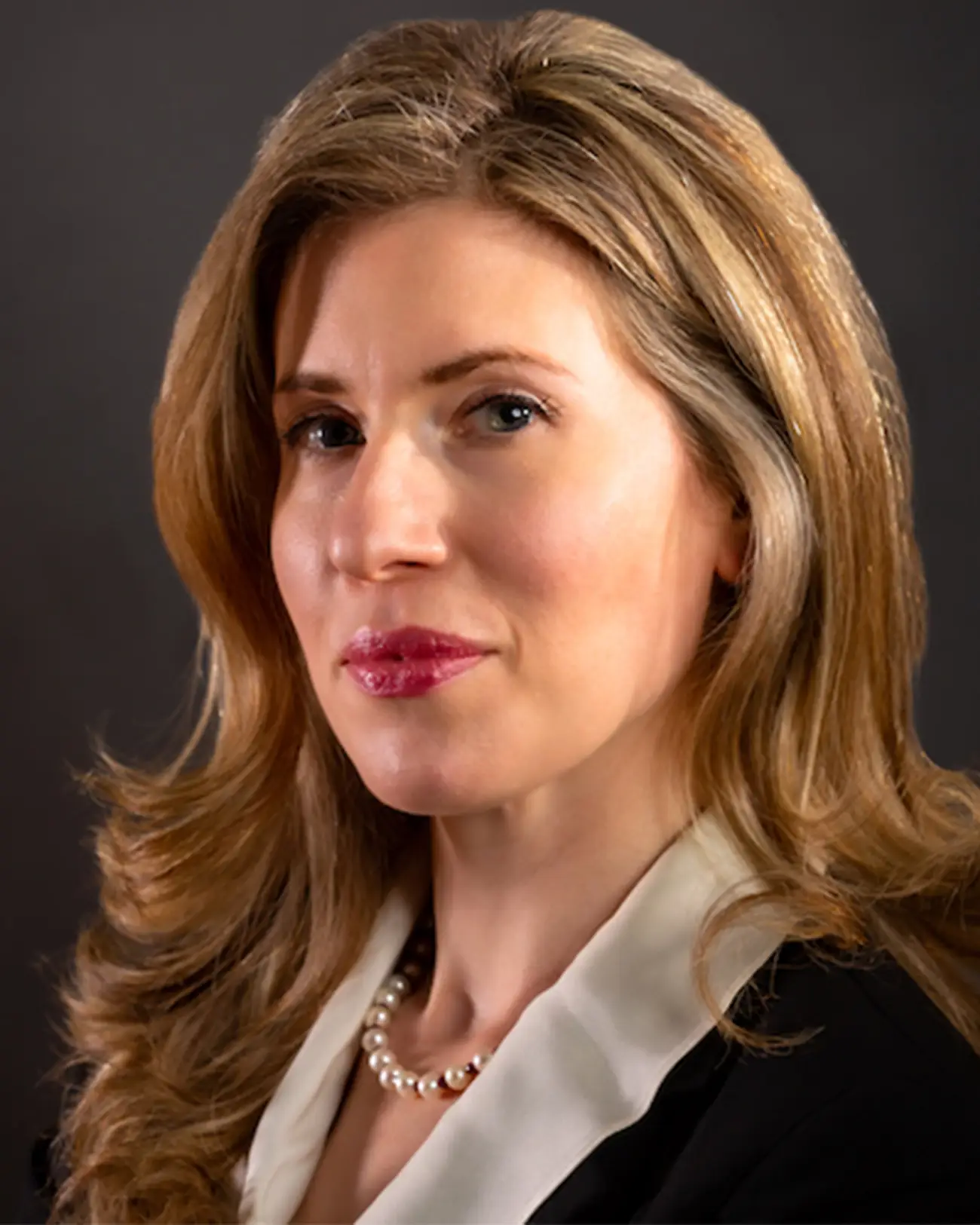
Sarah Scharf, DrPH, MPH
Sarah's Titles:
- Executive Director, Center for Cancer Health Equity
- Rutgers Cancer Institute
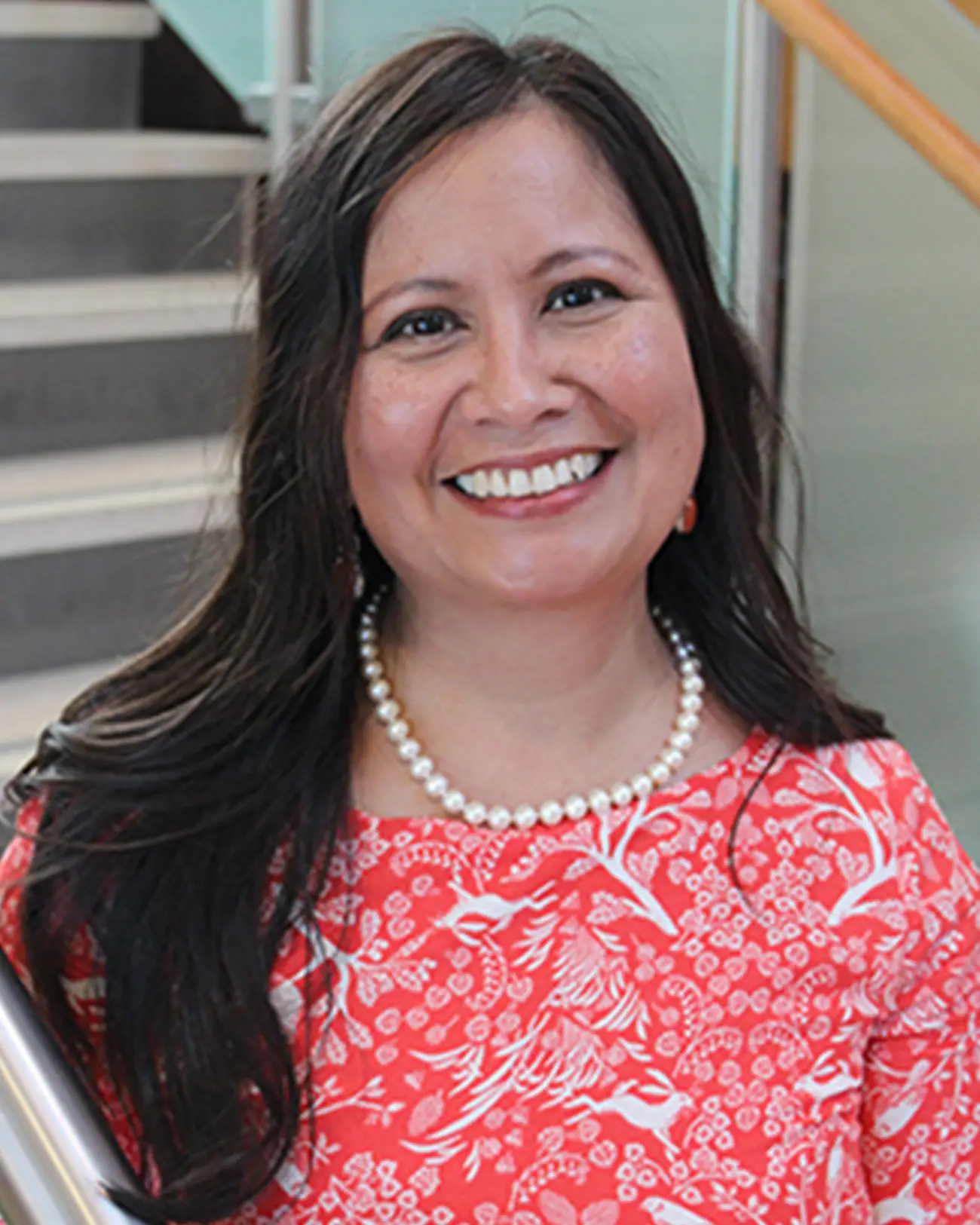
Antoinette (Nan) Stroup, PhD
Antoinette's Titles:
- Cancer Health Equity Center of Excellence, Rutgers, The State University of New Jersey
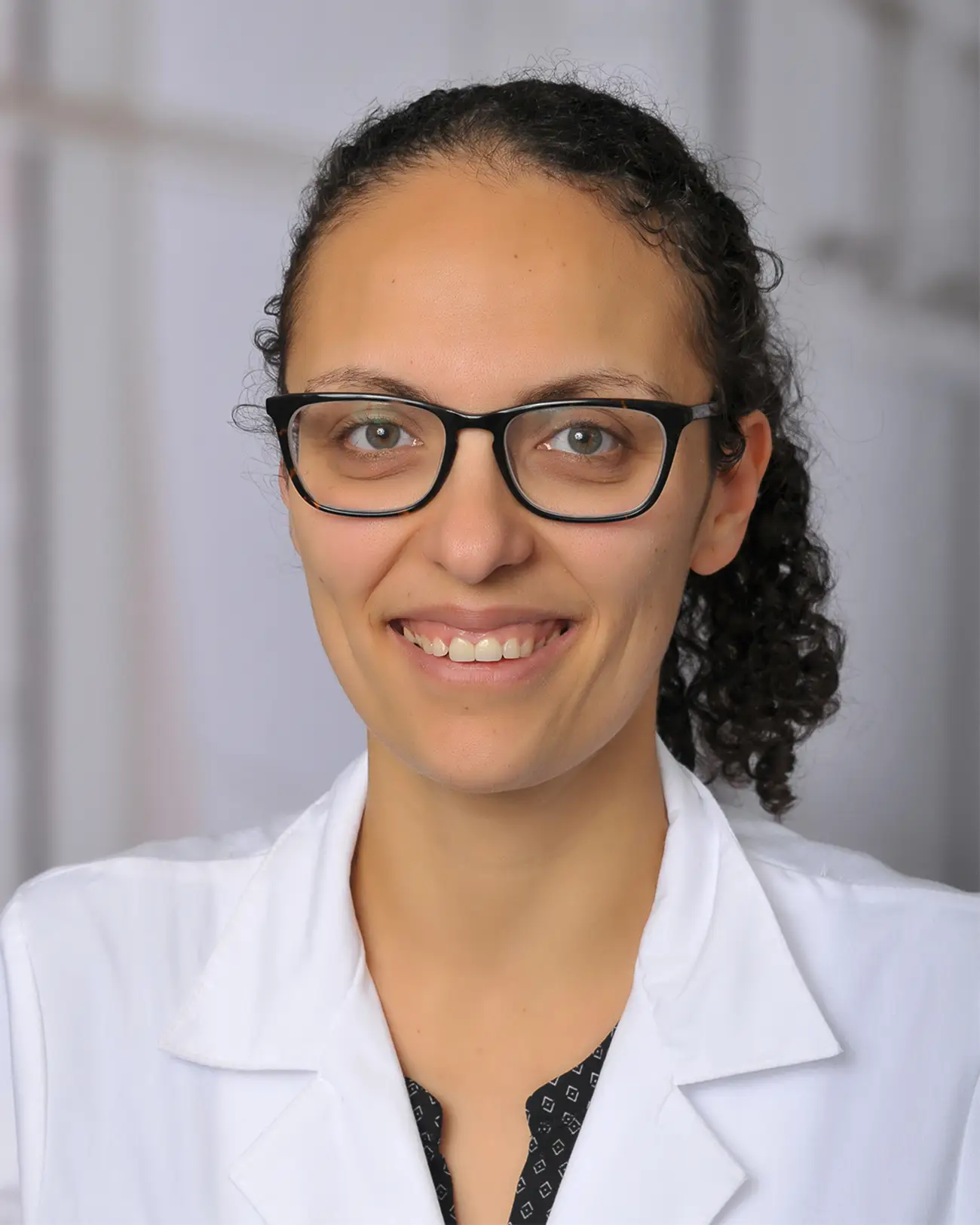
Mariam F. Eskander, MD, MPH
Mariam's Titles:
- Cancer Health Equity Center of Excellence, Rutgers, The State University of New Jersey
Data Sciences Team
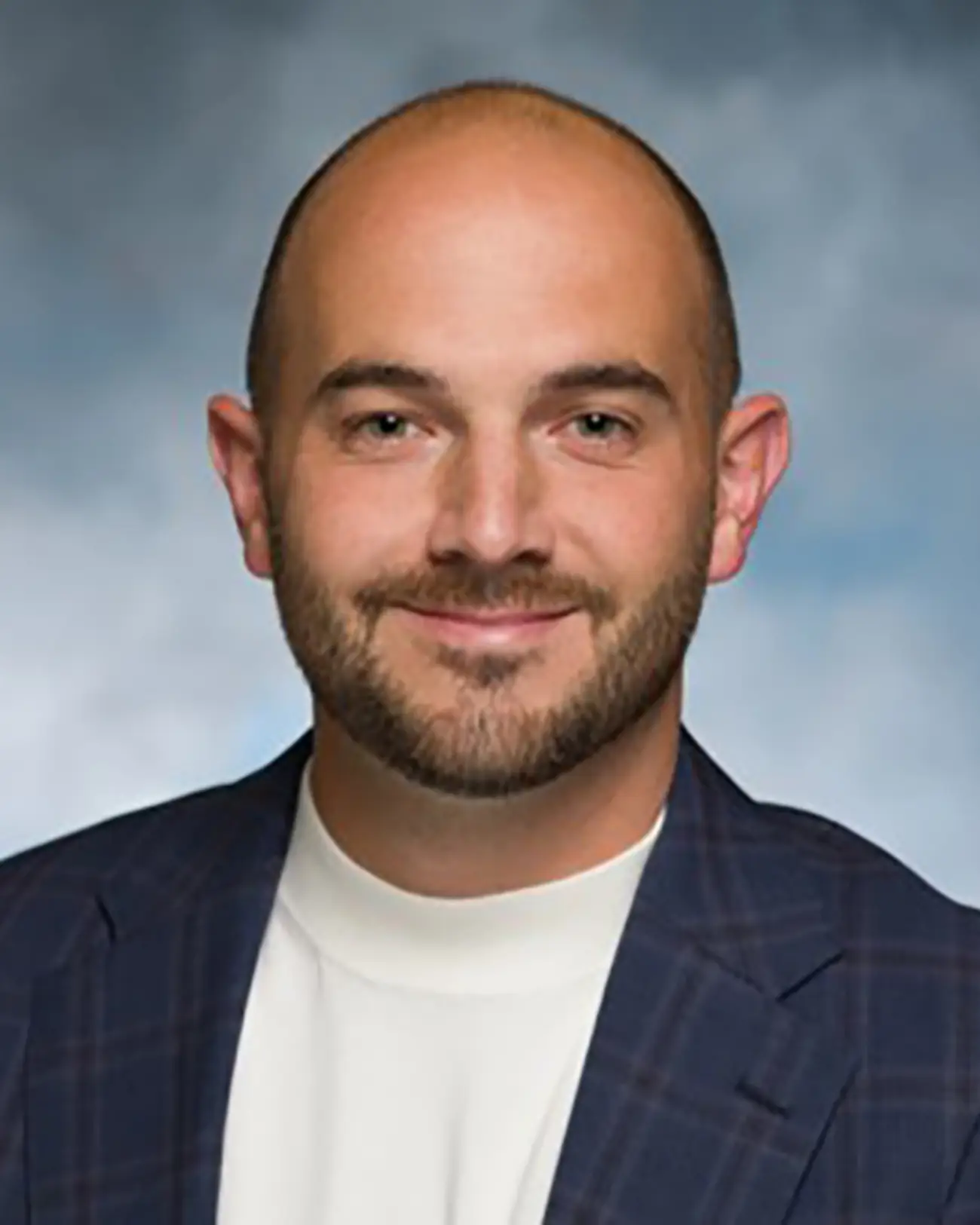
Daniel Pearson, MA, BA
Daniel Pearson, MA, BA
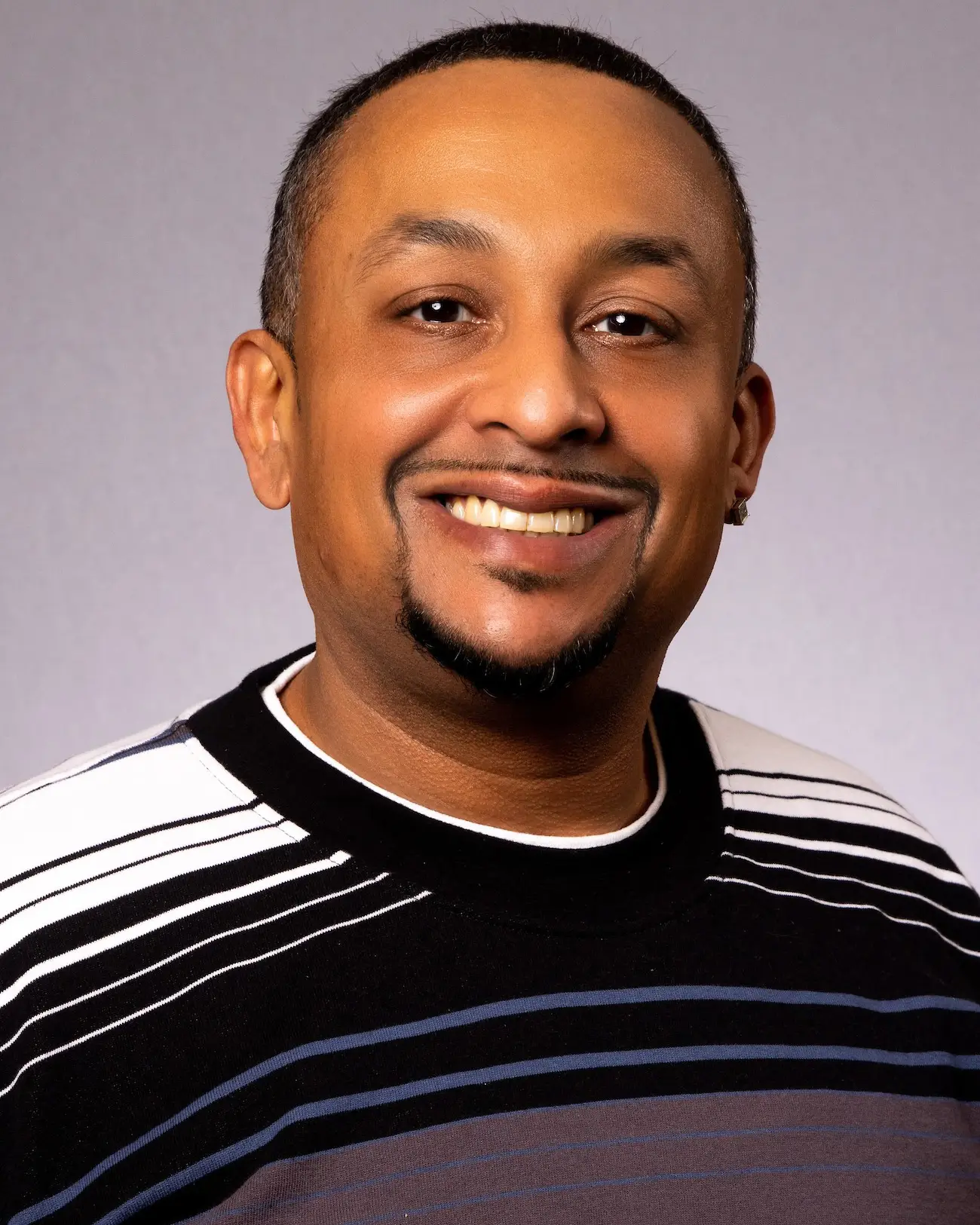
Ricardo Baerga
Ricardo Baerga
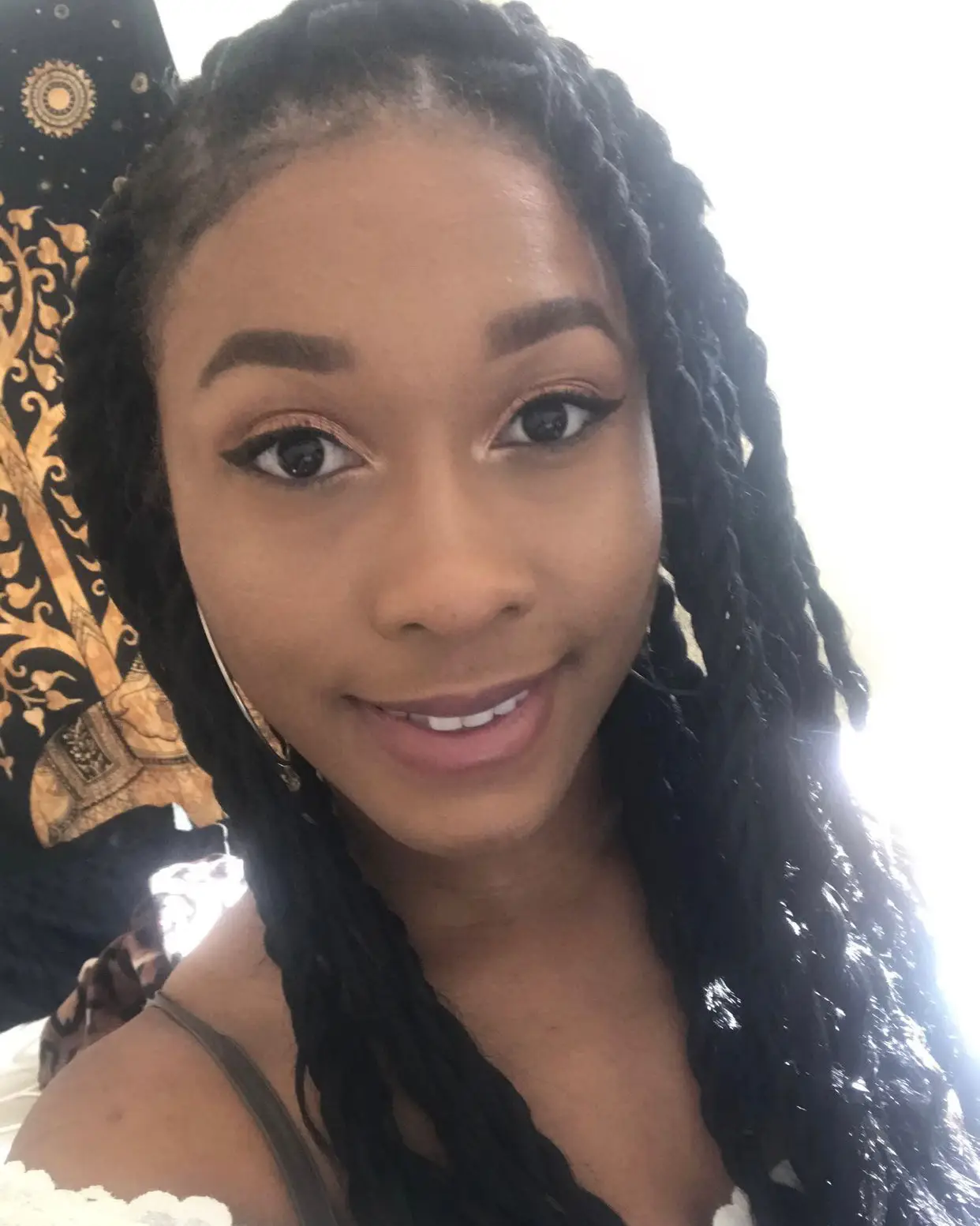
Raven Profit
Raven Profit
Prevention & Care Navigation Team
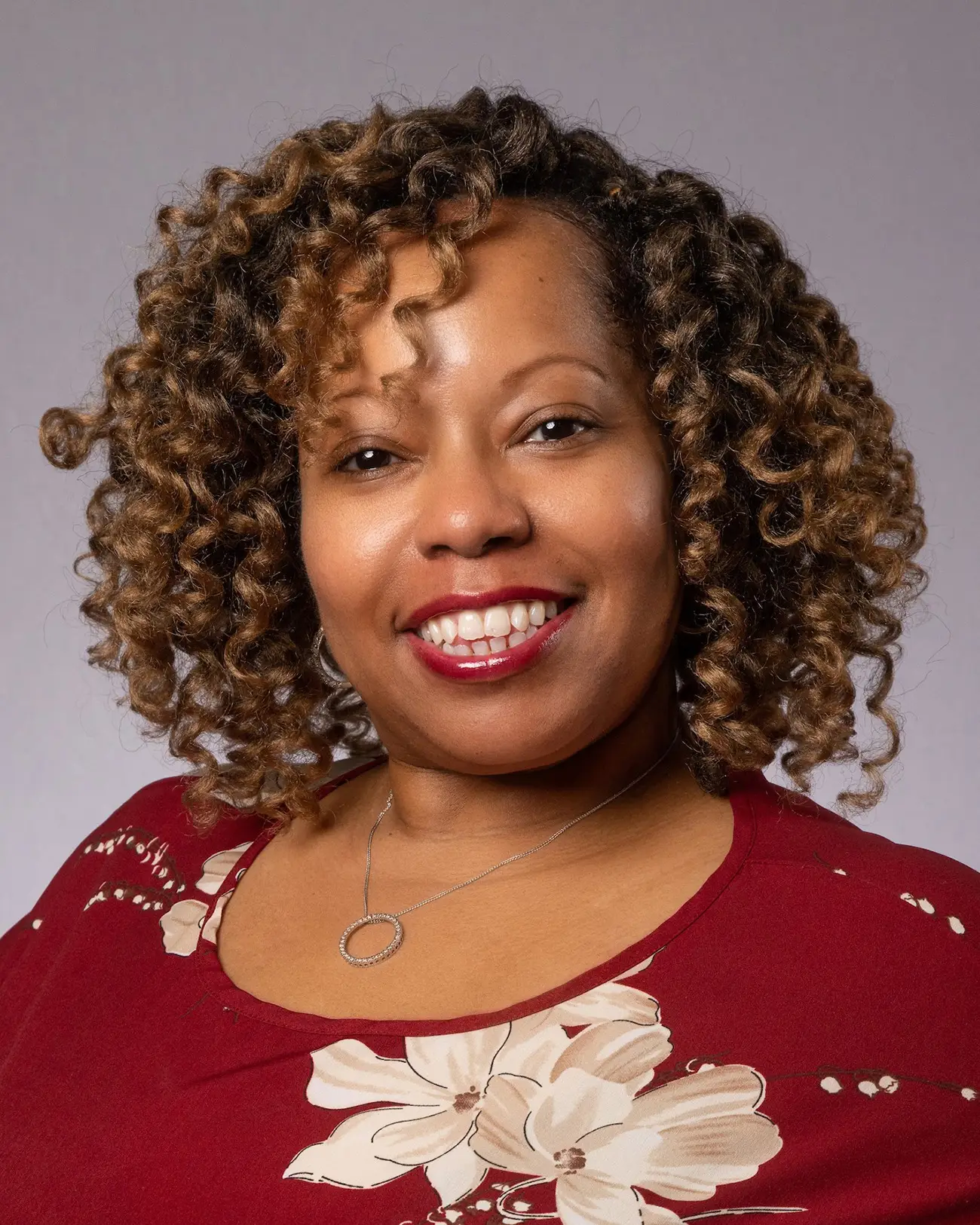
Monica Townsend, MPA, BS
Monica Townsend, MPA, BS
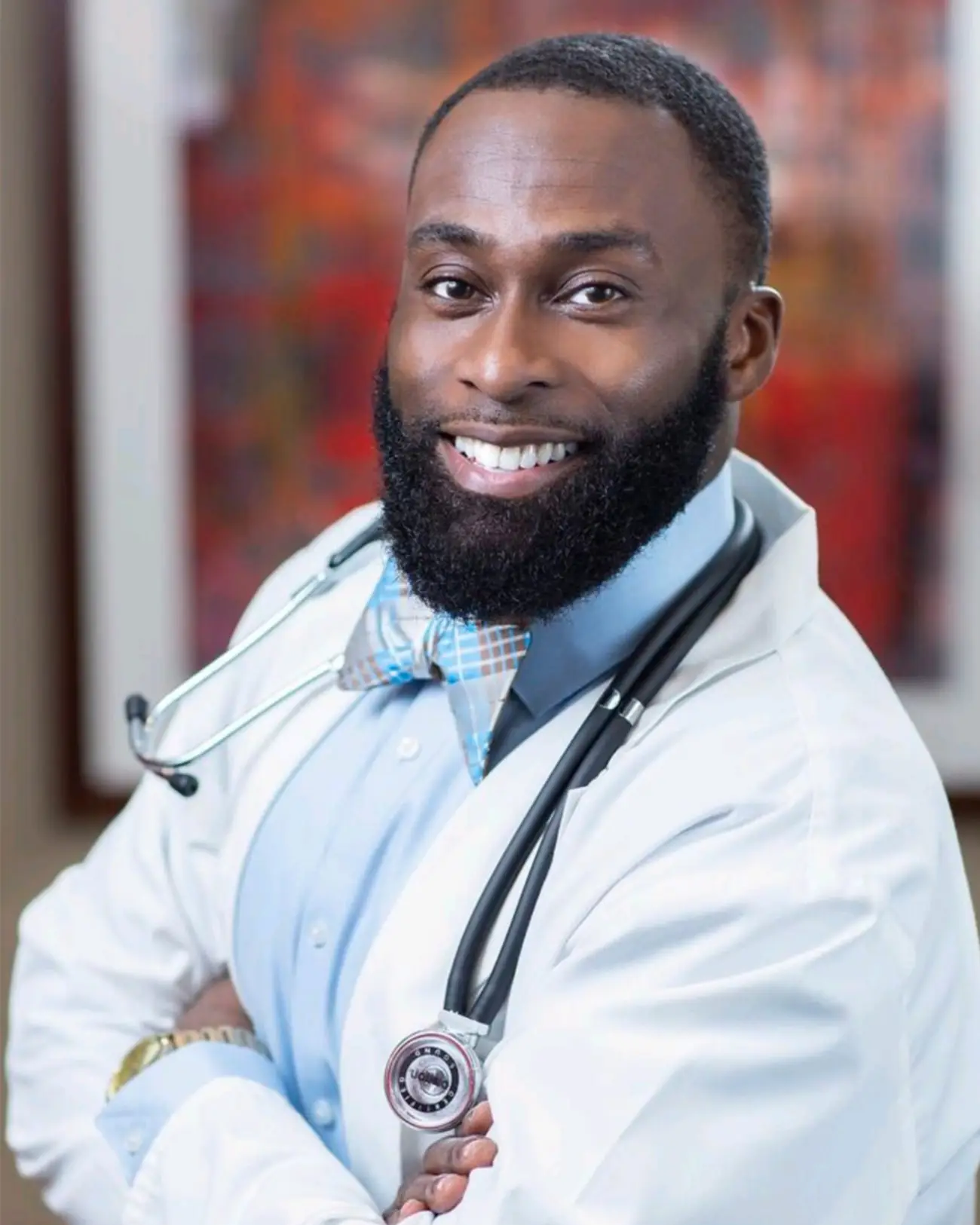
Kenneth Gyan, MSN,
APRN, FNP-C
Kenneth Gyan, MSN, APRN, FNP-C
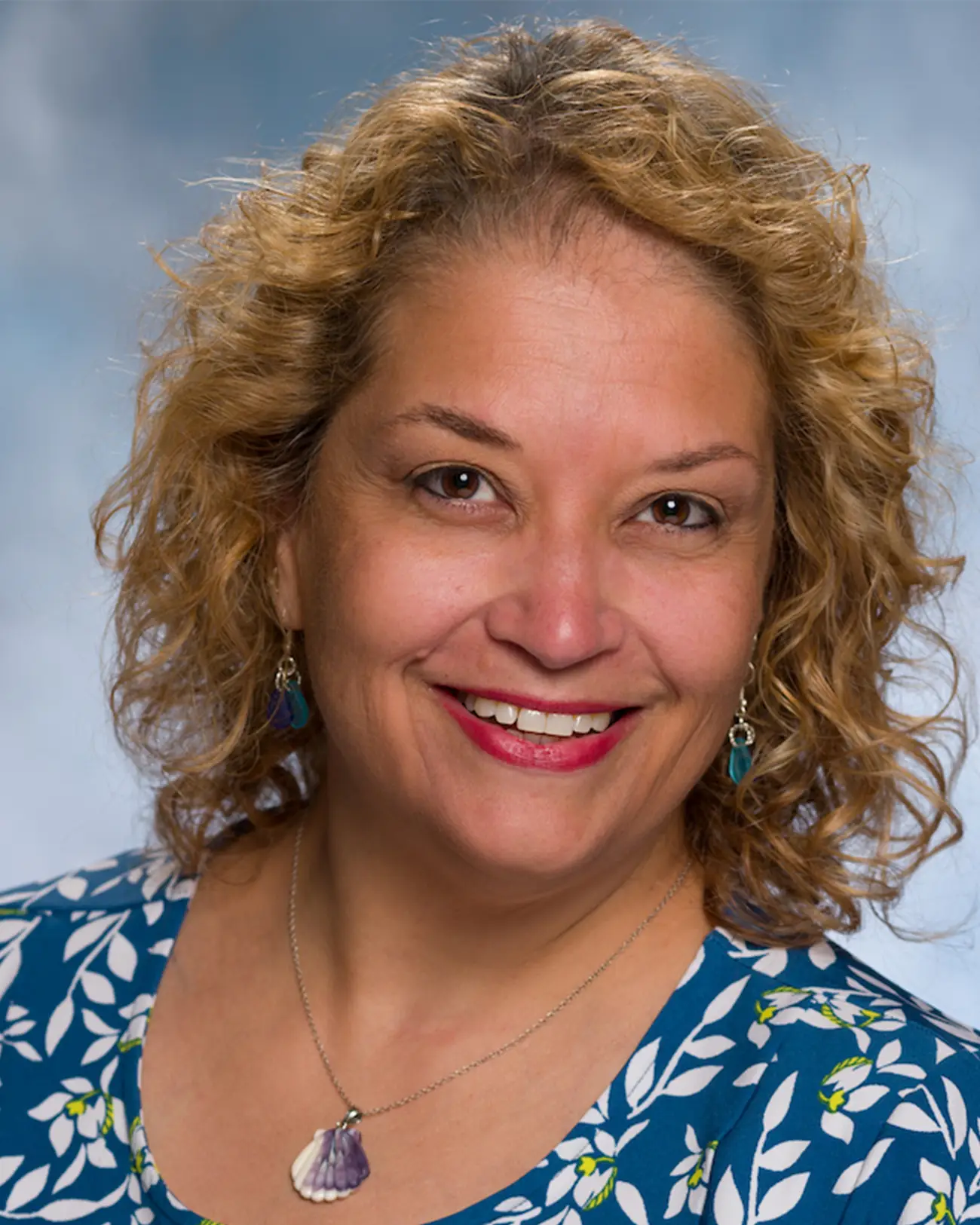
Michelle Olk
Michelle Olk
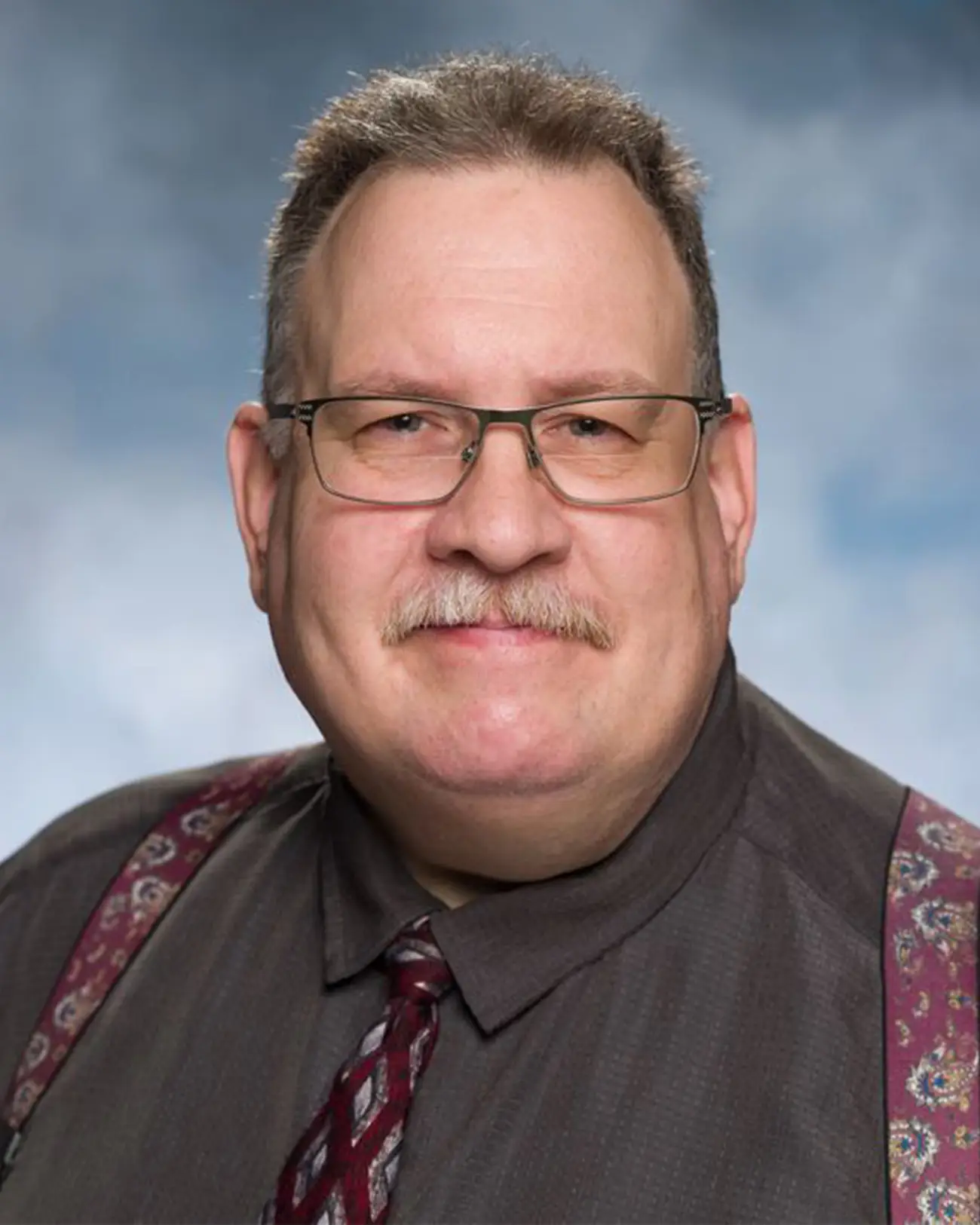
Richard Burdett
Richard Burdett
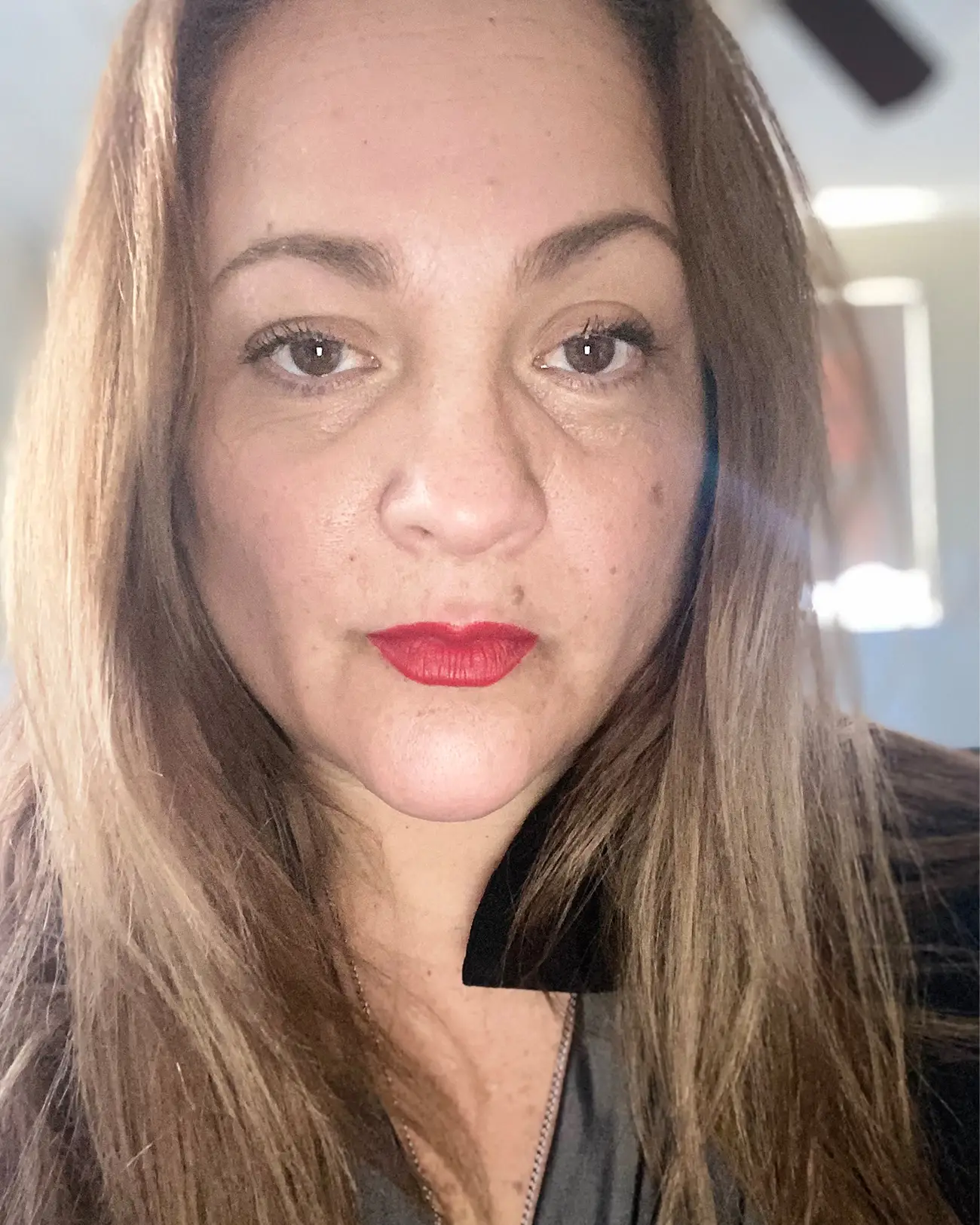
Patricia Cerreto
Patricia Cerreto
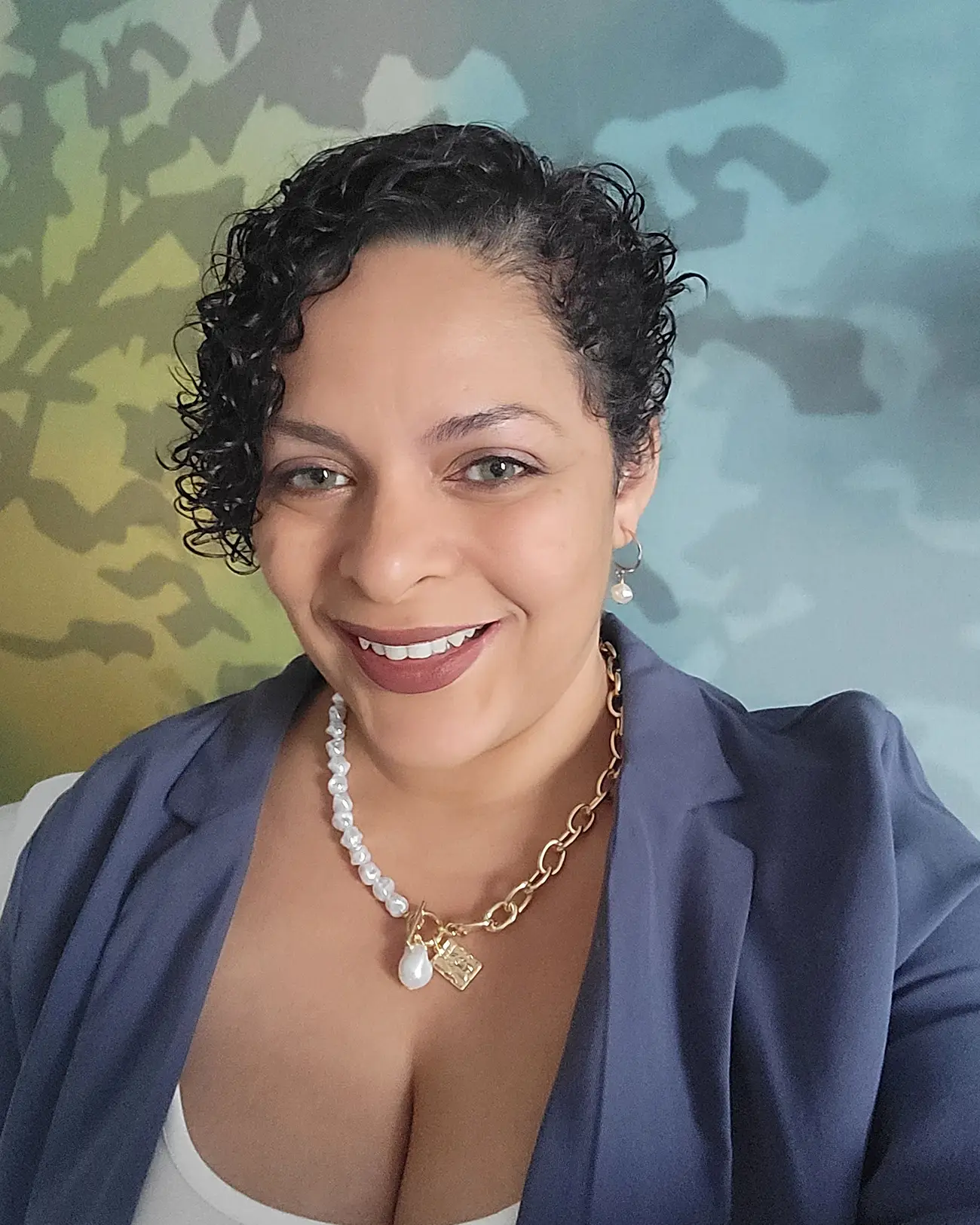
Ana Toro
Ana Toro
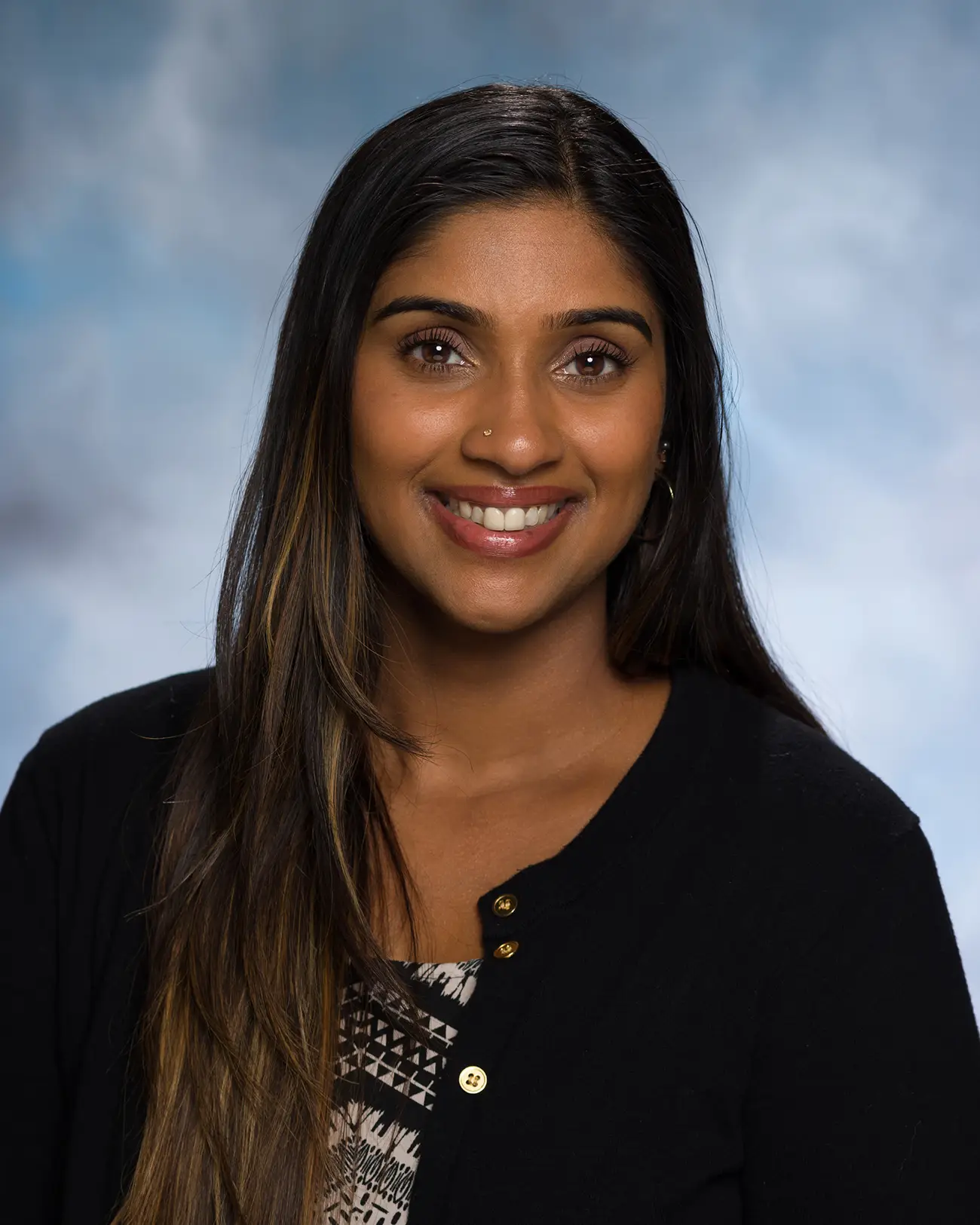
Binu R Jacob
Binu R Jacob
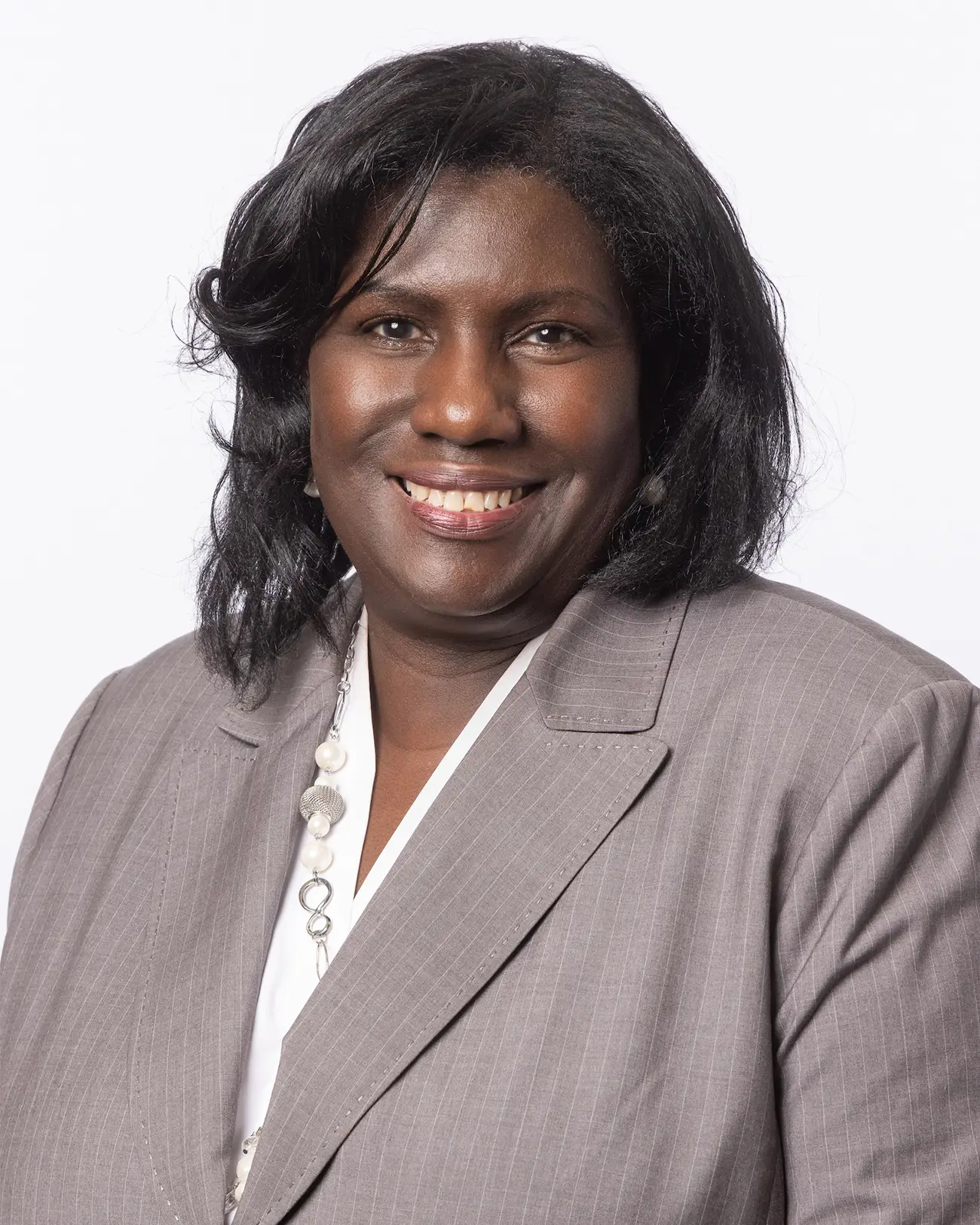
Erika Brown
Erika Brown
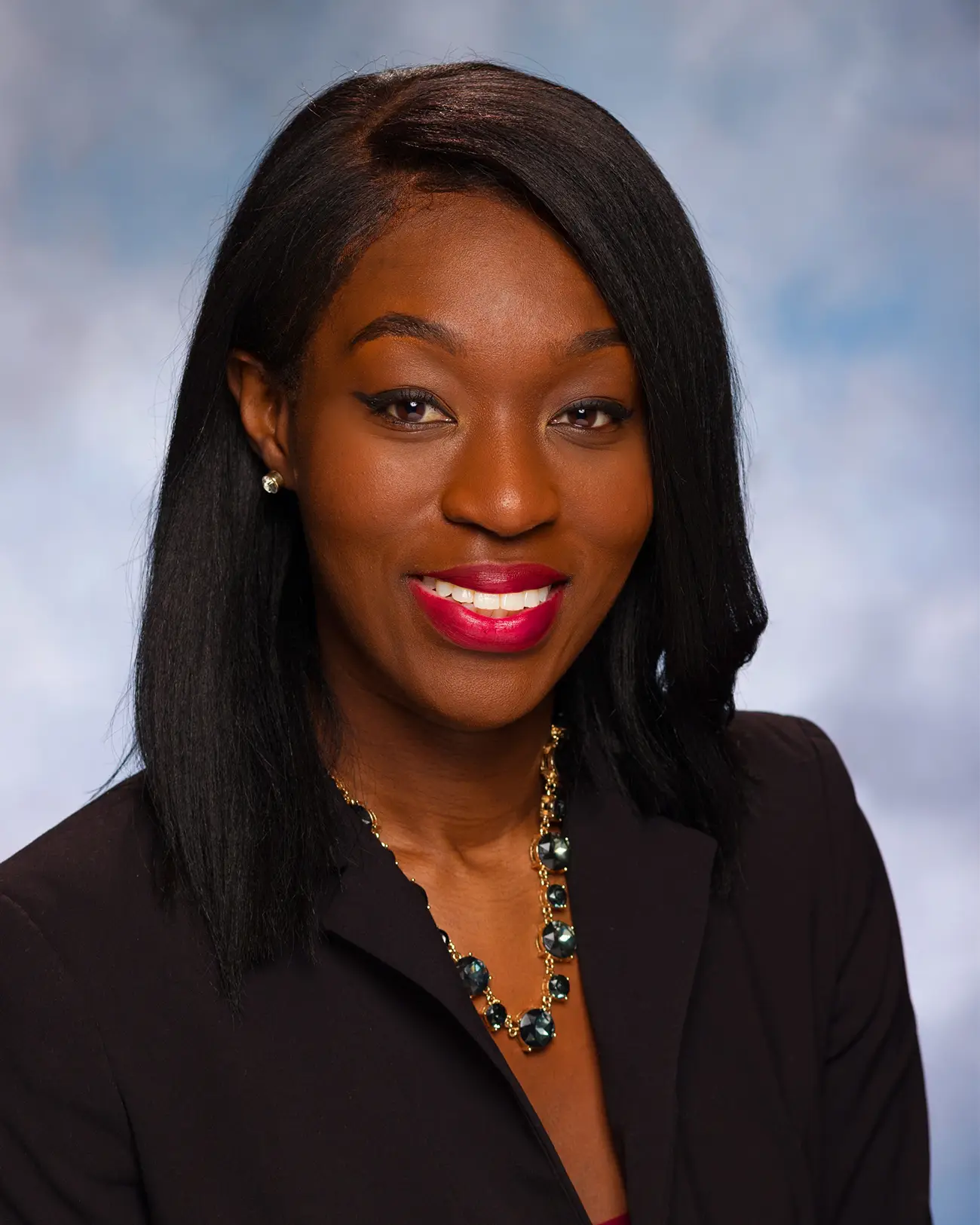
Aissa Oduro, MPH, RN
Aissa Oduro
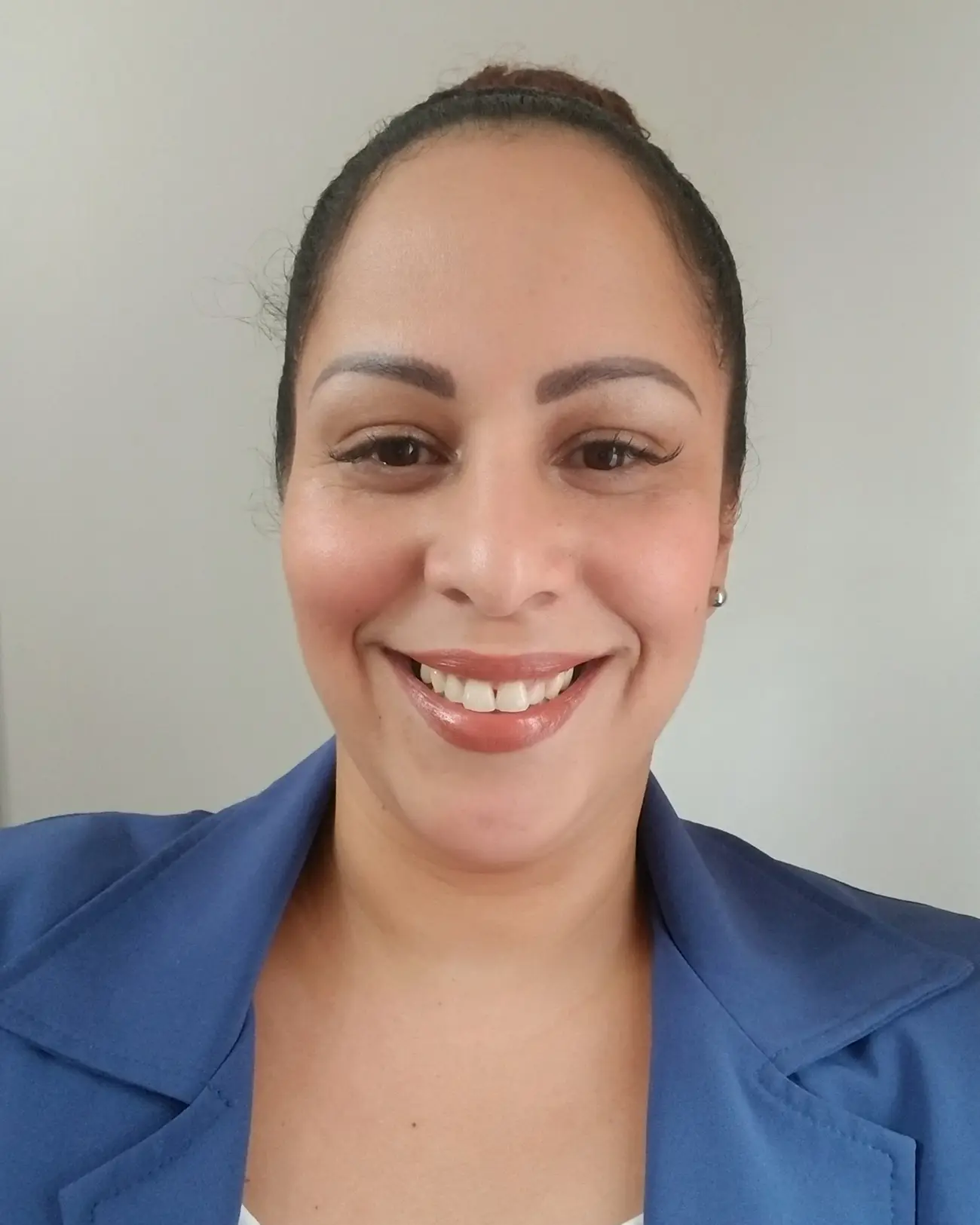
Masiel Guzman, MABS
Masiel Guzman
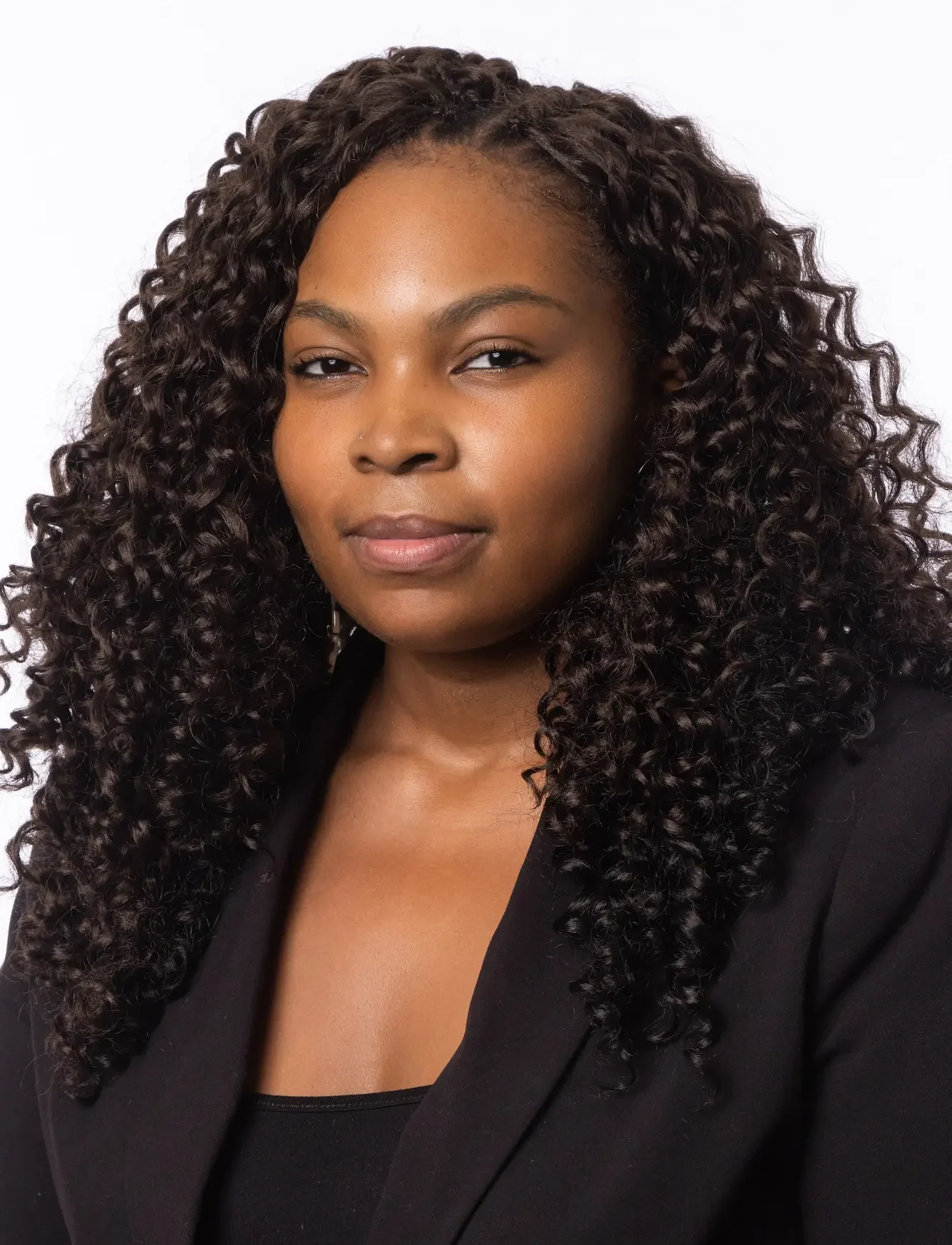
Tiara Howard, MSSW, BA, SIFI
Tiara Howard, MSSW, BA, SIFI
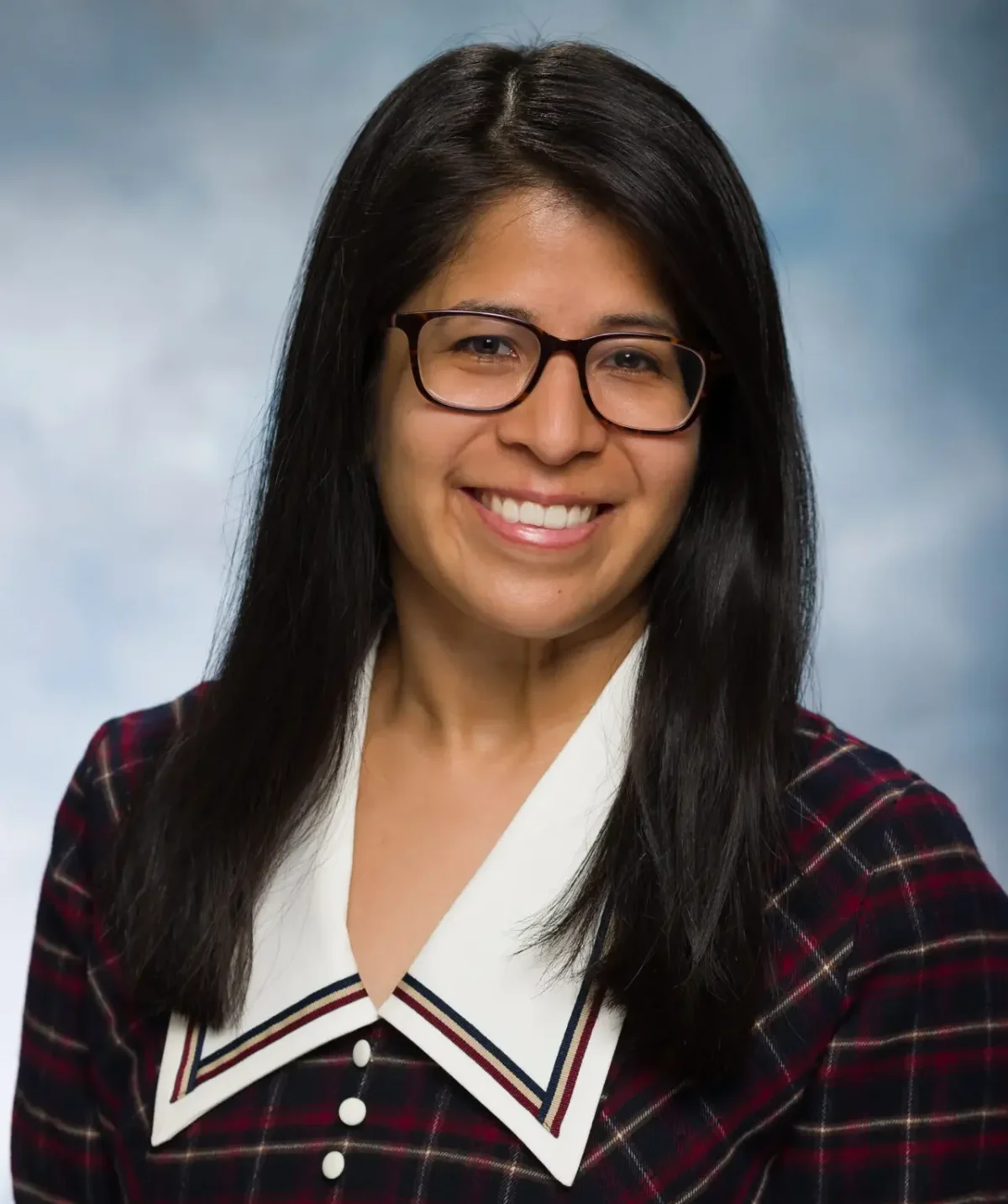
Laura Regalado
Laura Regalado
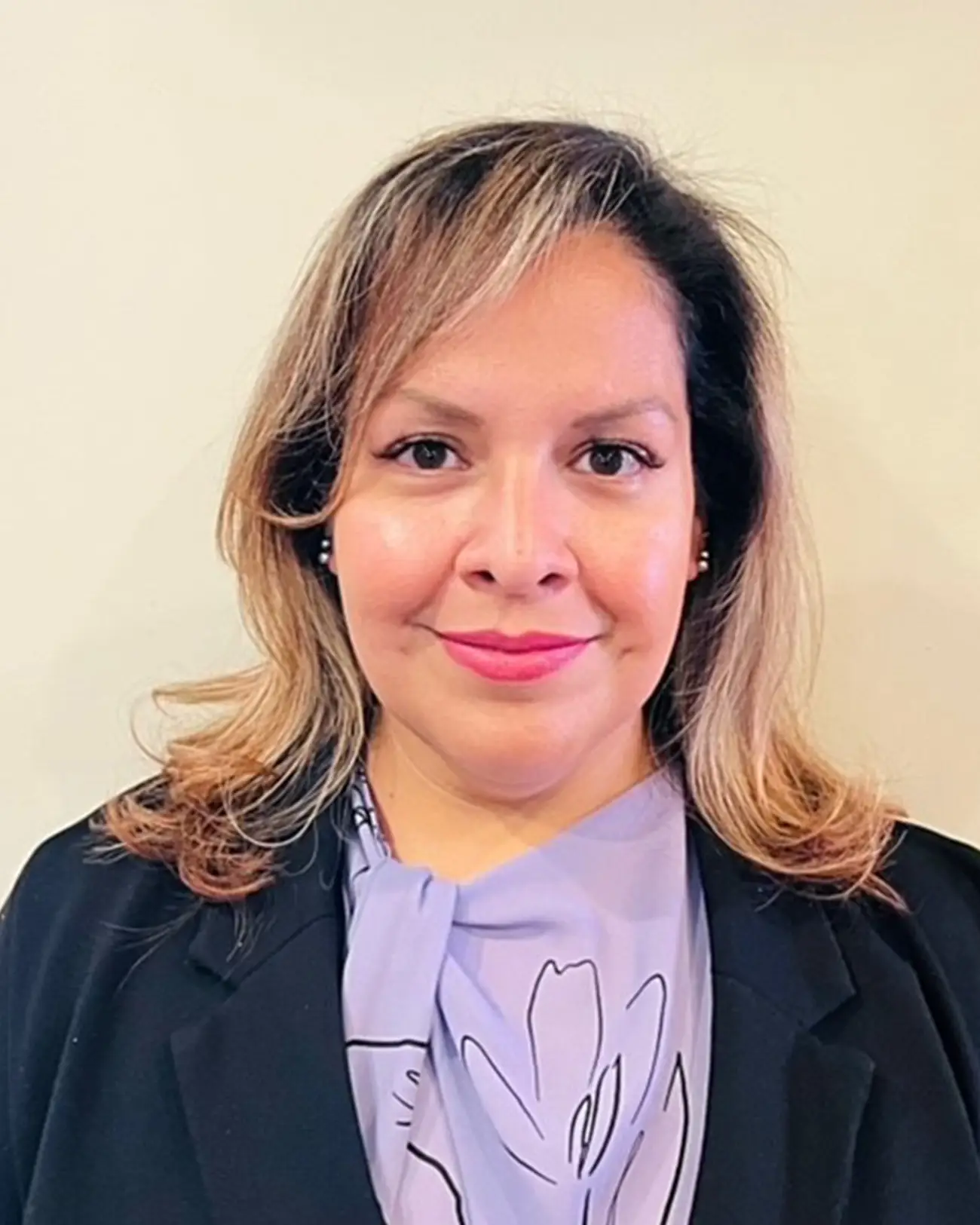
Julissa Lituma
Julissa Lituma
Community Outreach and Education Team
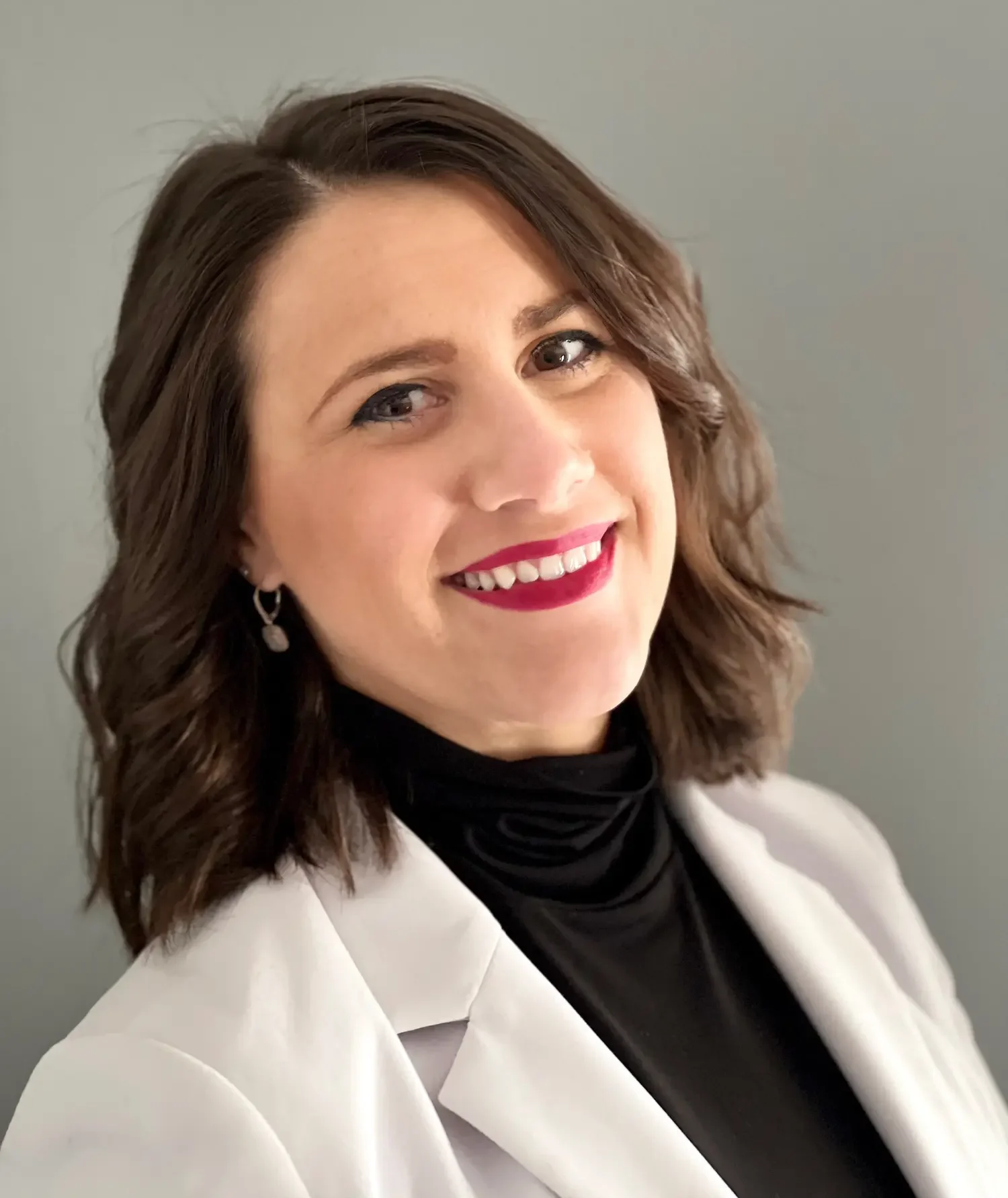
Ellen Indoe, MA, MCHES®
Ellen Indoe, MA, MCHES®
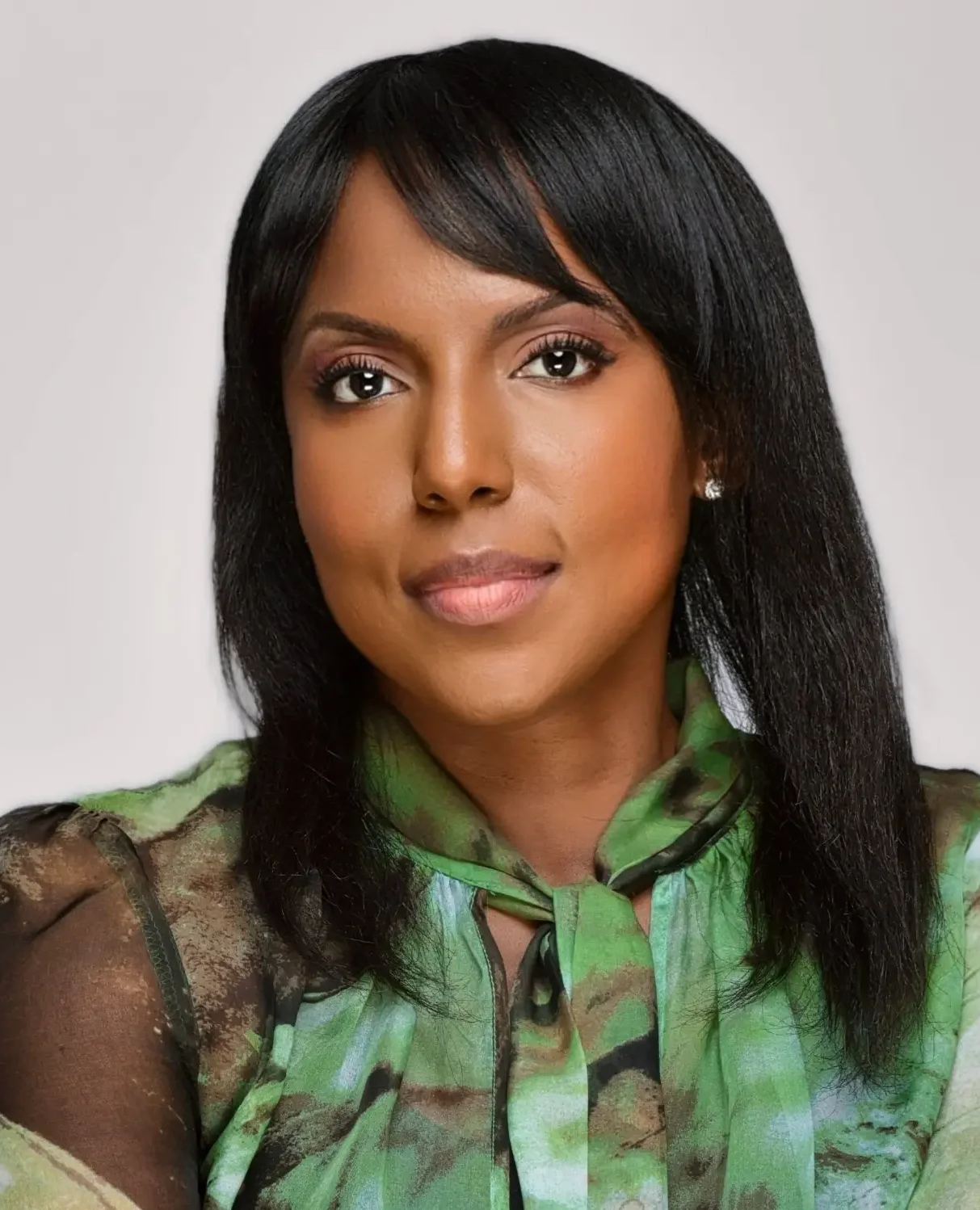
Monica J. Gilles, MAS, RRT, NCTTP
Tobacco Cessation Counselor
Monica J. Gilles, MAS, RRT, NCTTP
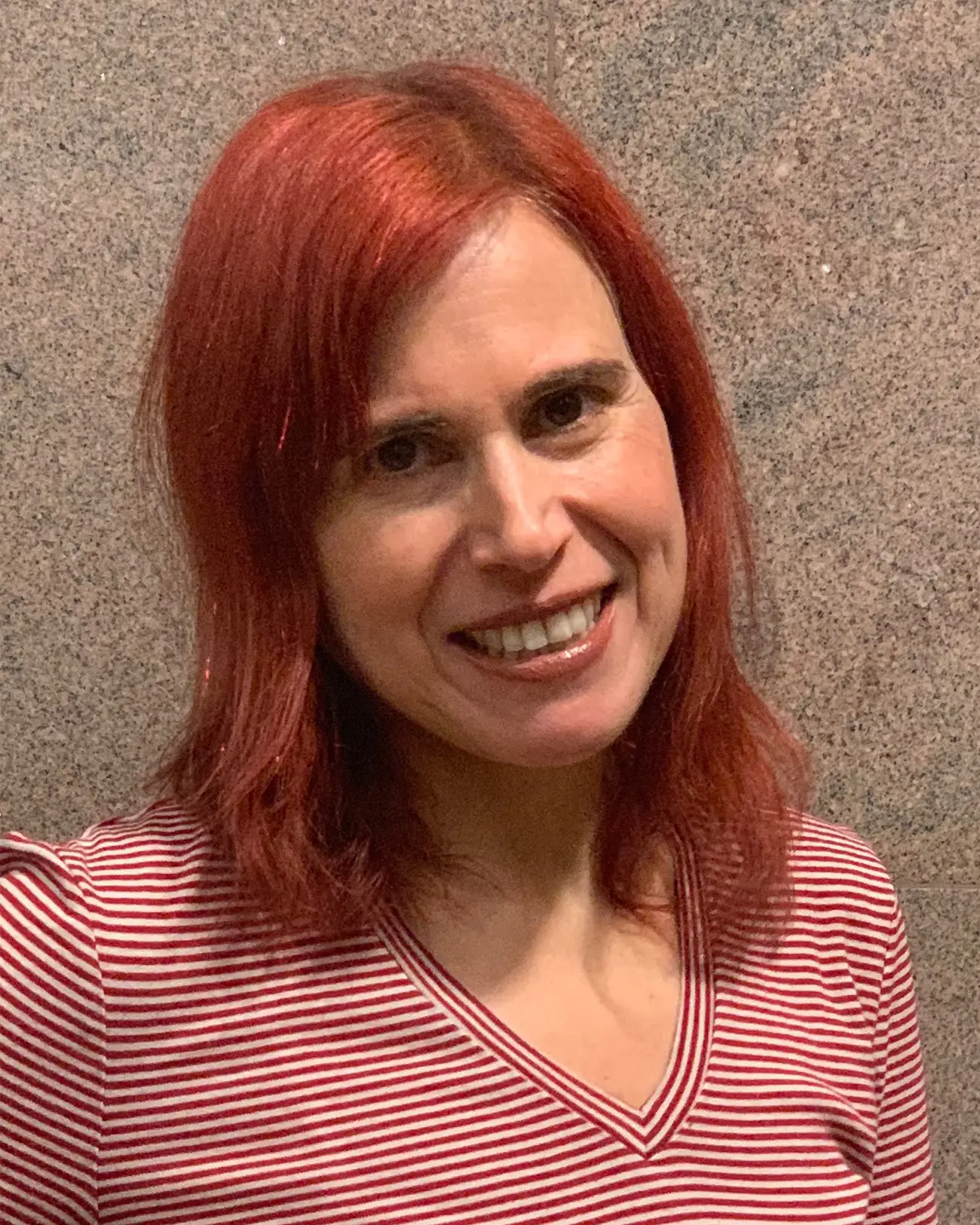
Evelyn Fuertes, NDTR, BA
Evelyn Fuertes, NDTR, BA
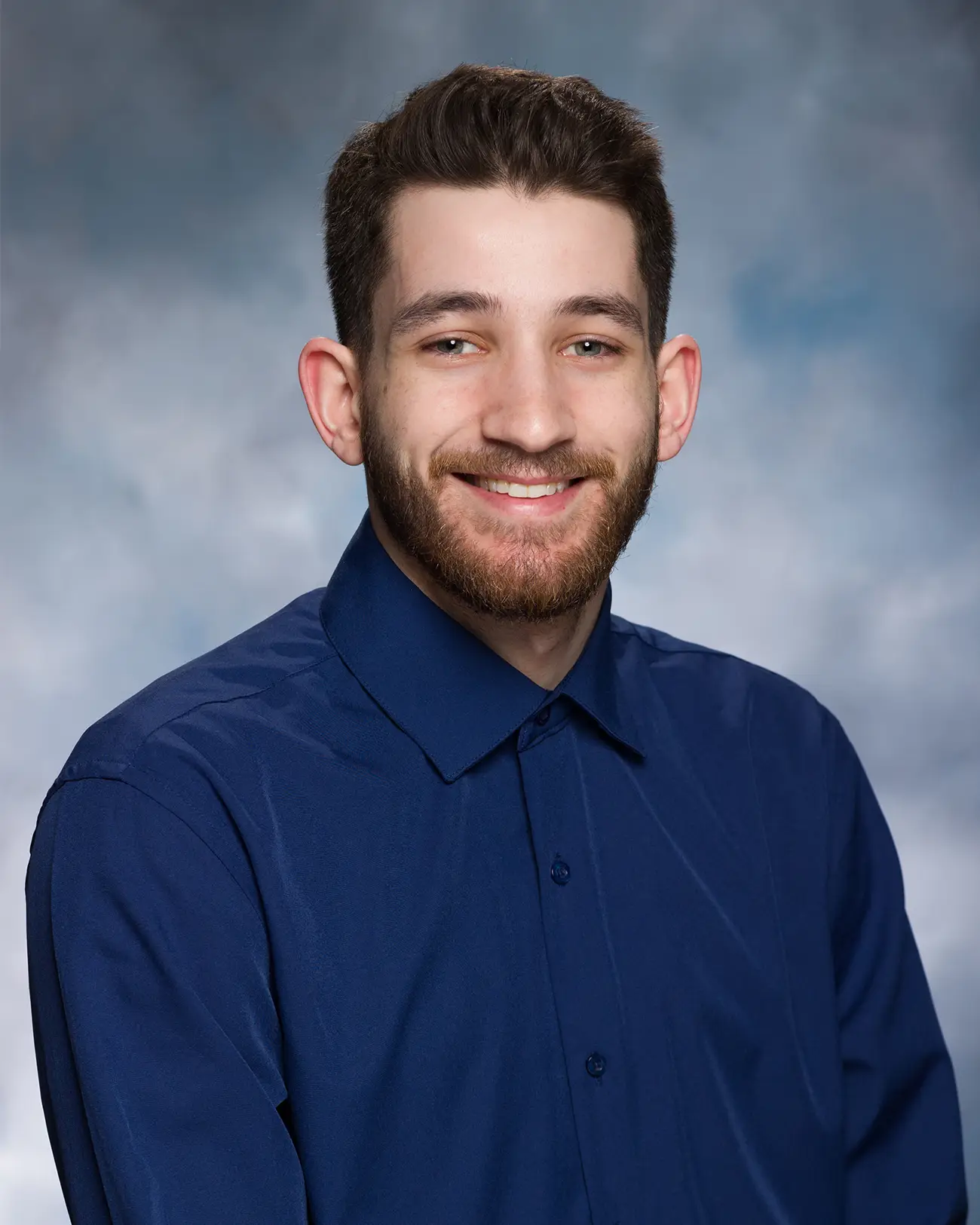
Ryan Moulton
Ryan Moulton
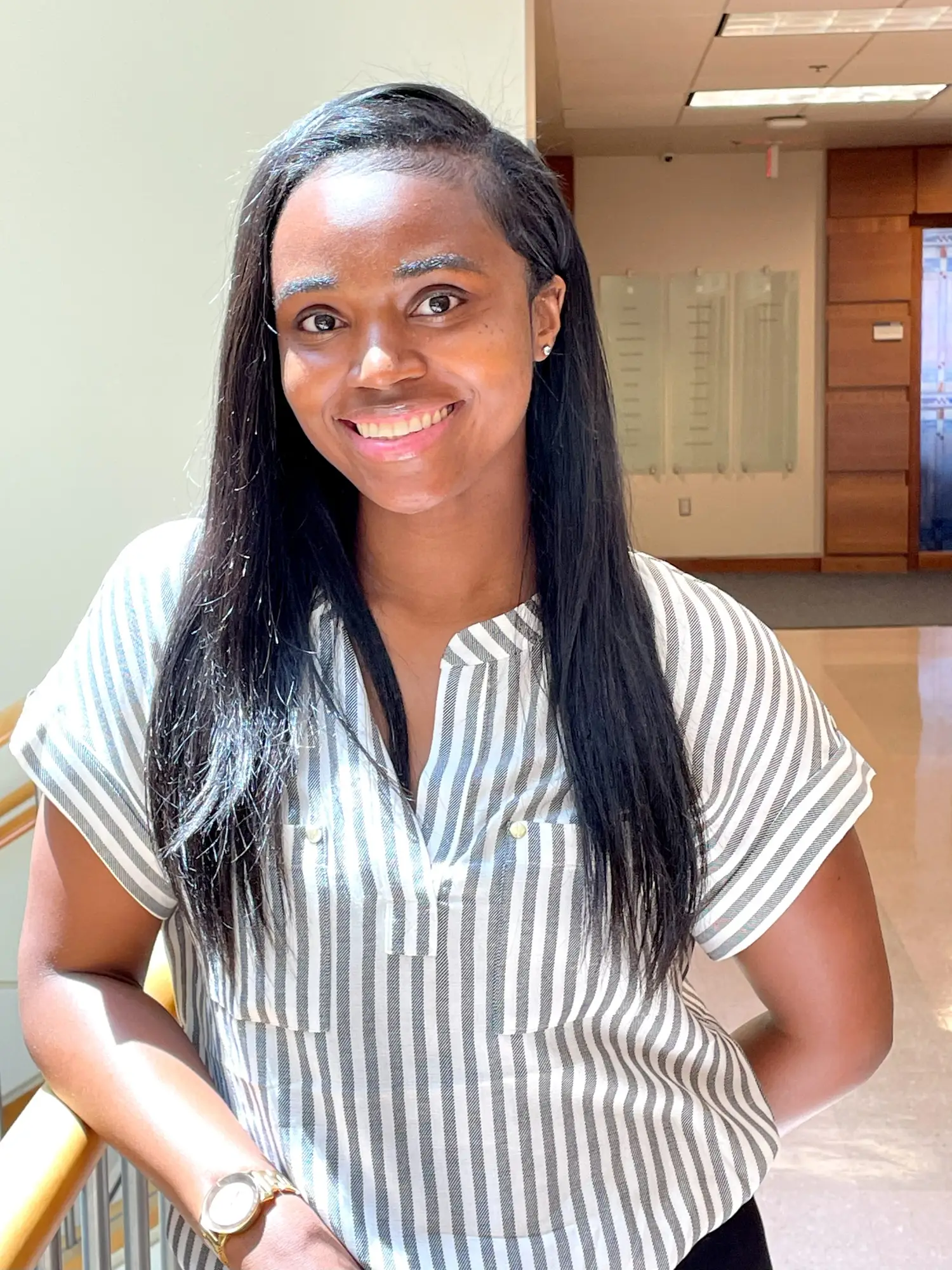
Lauren Johnson, CHES®
Lauren Johnson
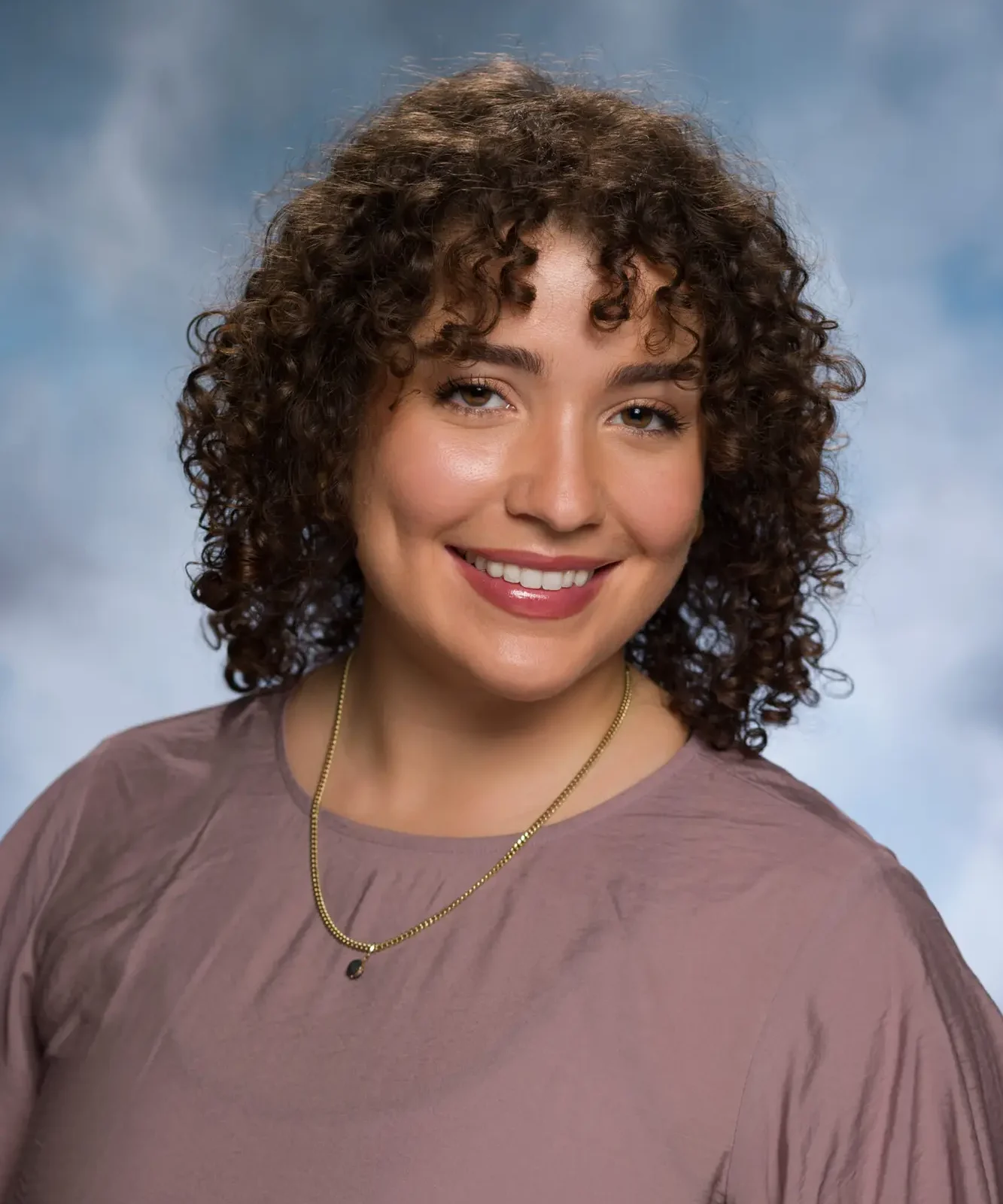
Cecilia Gomez
Cecilia Gomez
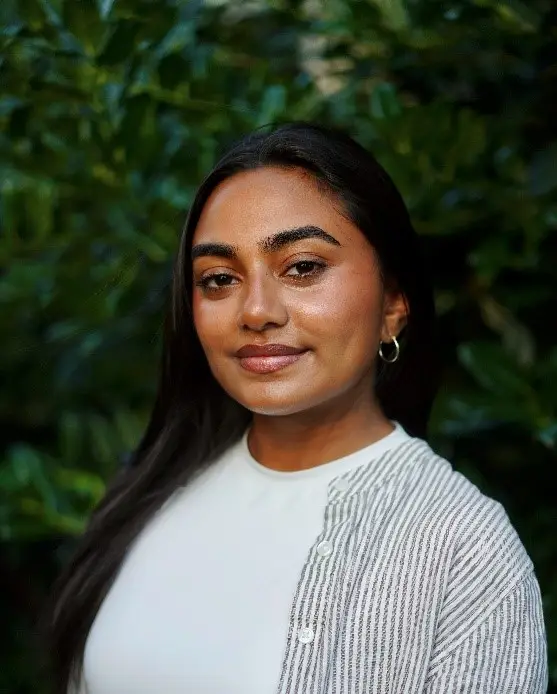
Sara Mehta
Sara Mehta
Cancer Health Equity Team
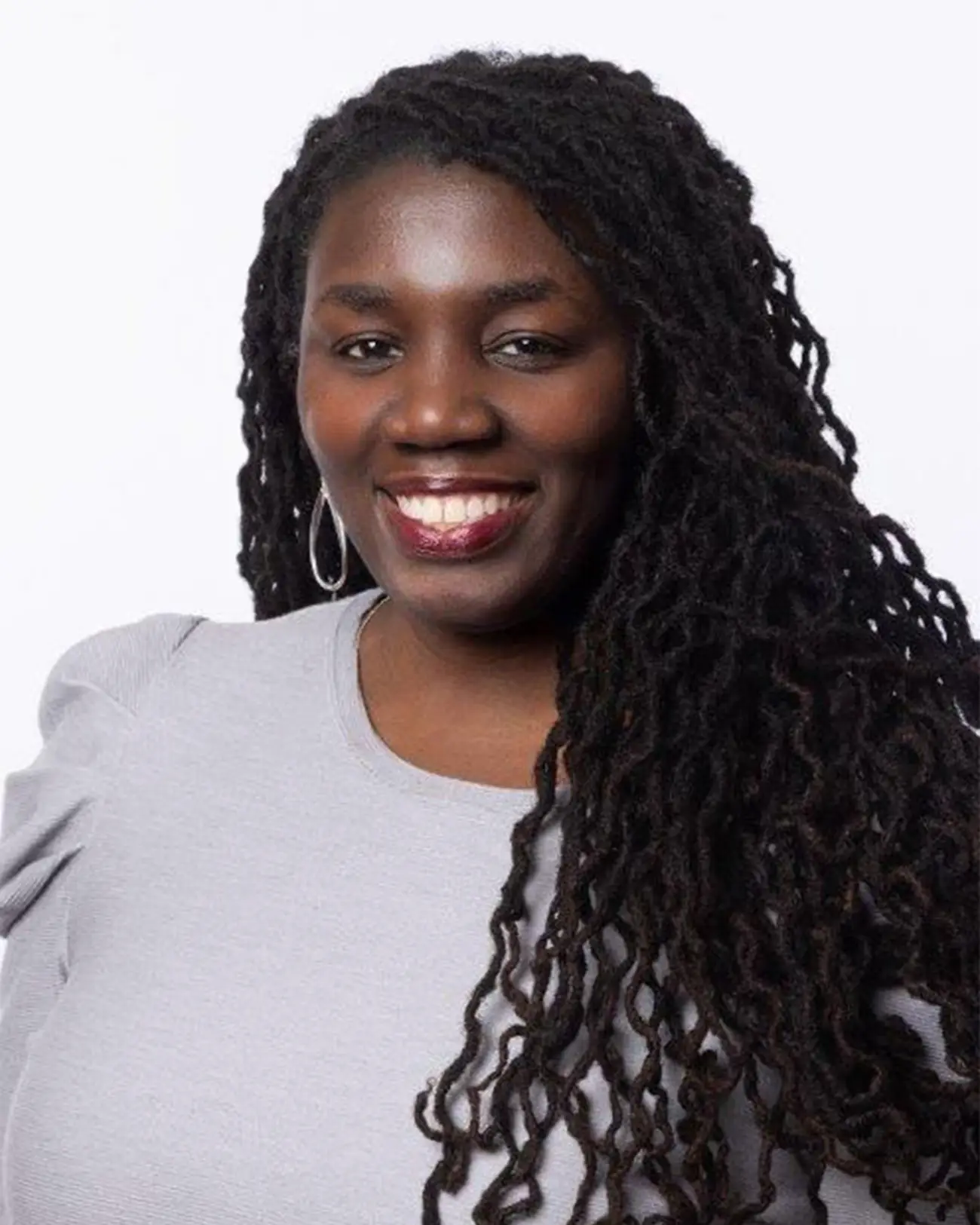
Tamara Horn, BA
Tamara Horn, BA
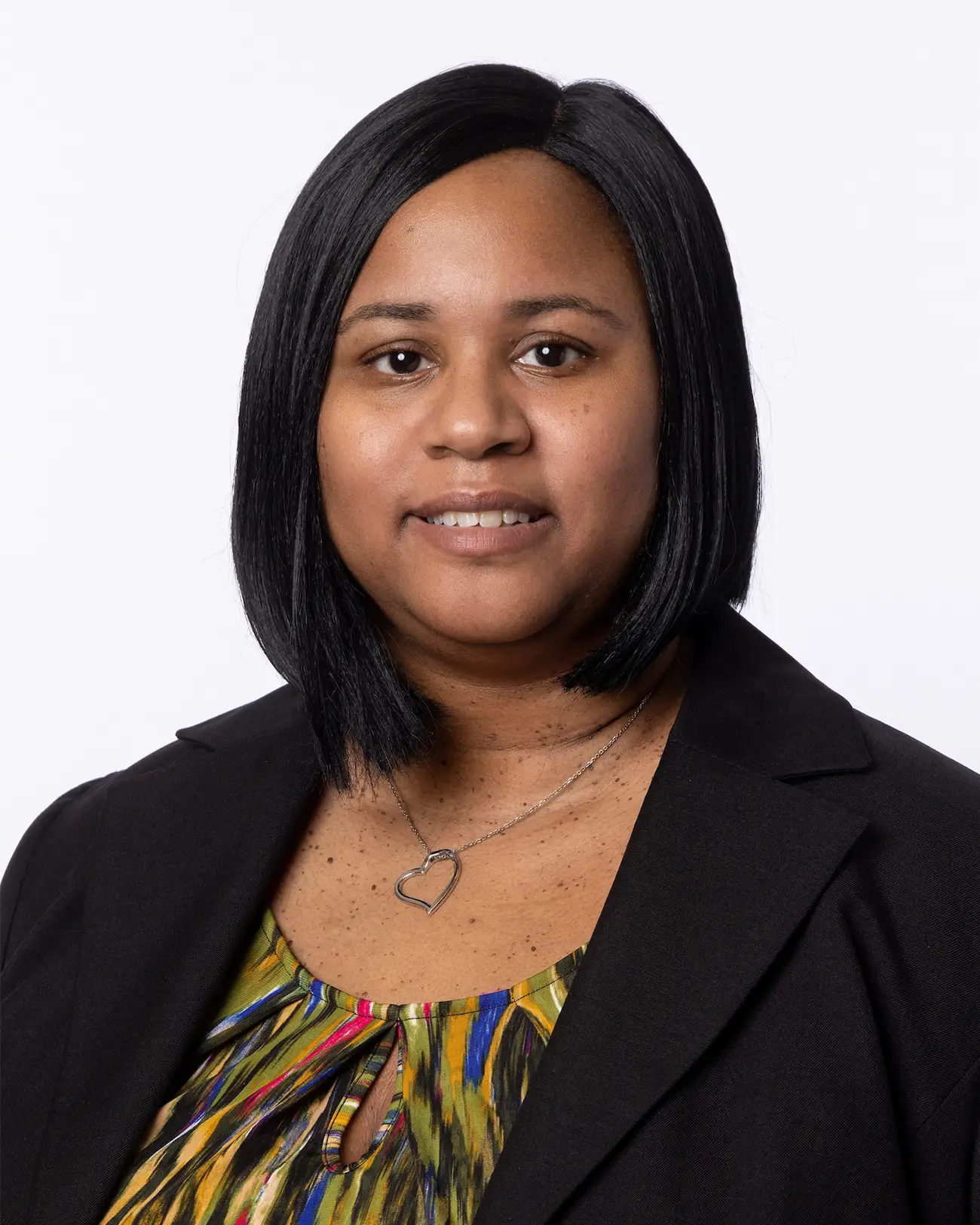
Theresa Lofton
Theresa Lofton
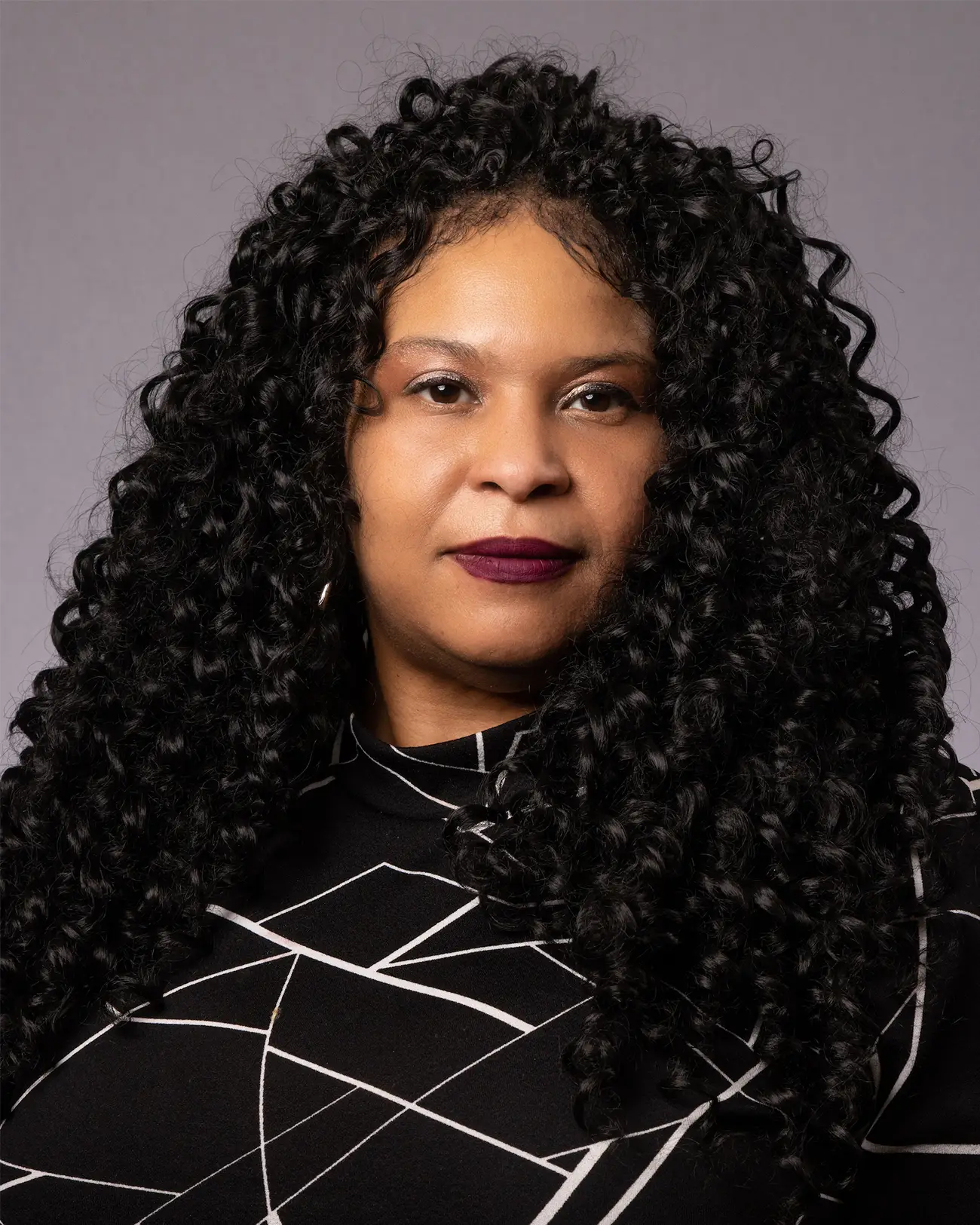
Nicole Etienne
Nicole Etienne
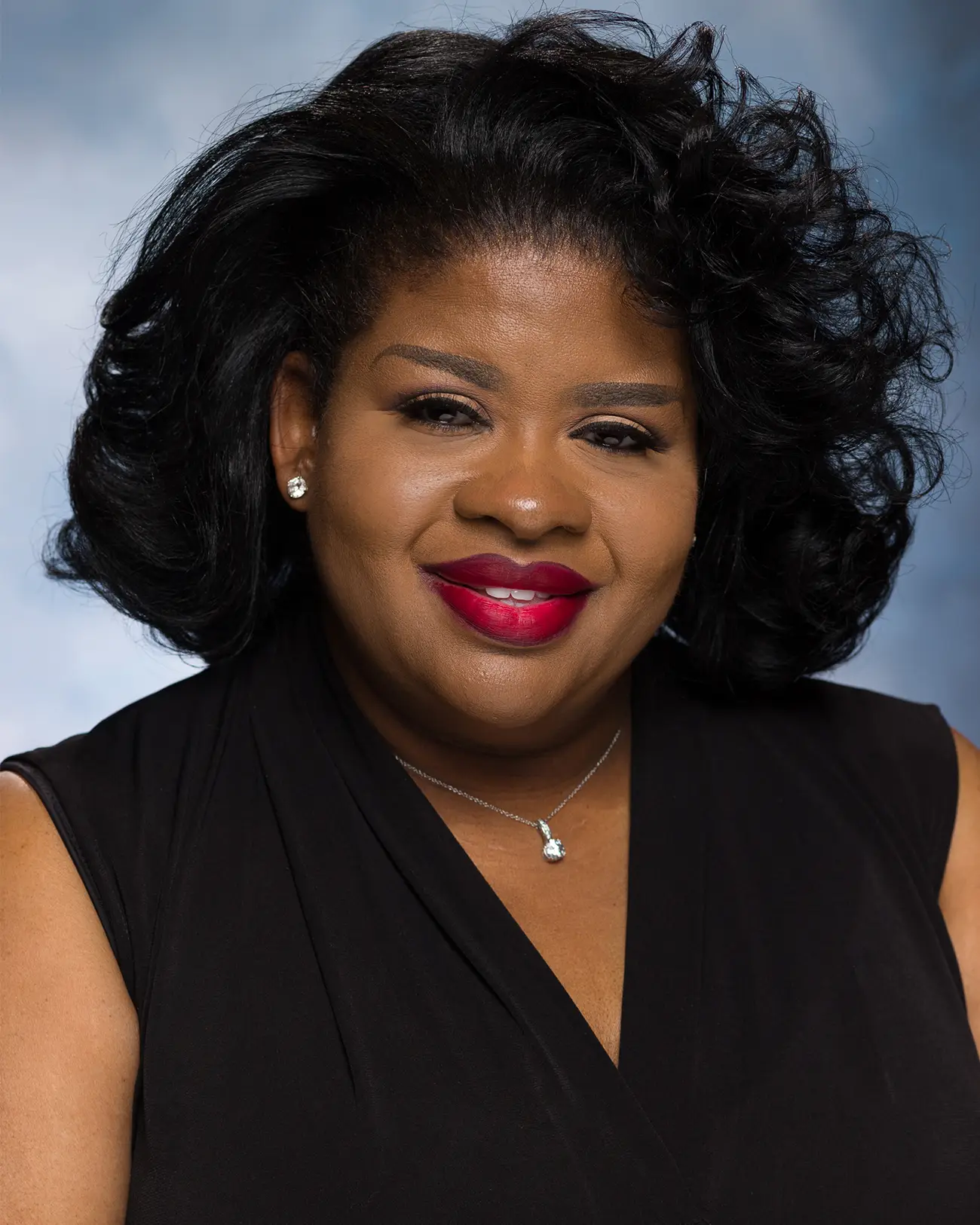
Lorian Wilson
Lorian Wilson
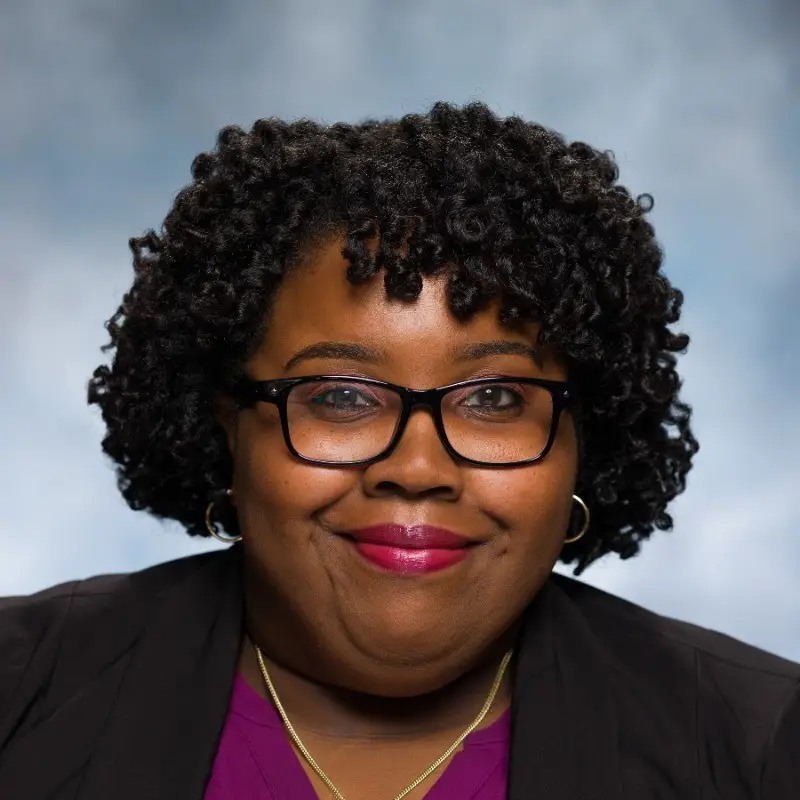
Jasmine Bagner
Jasmine Bagner
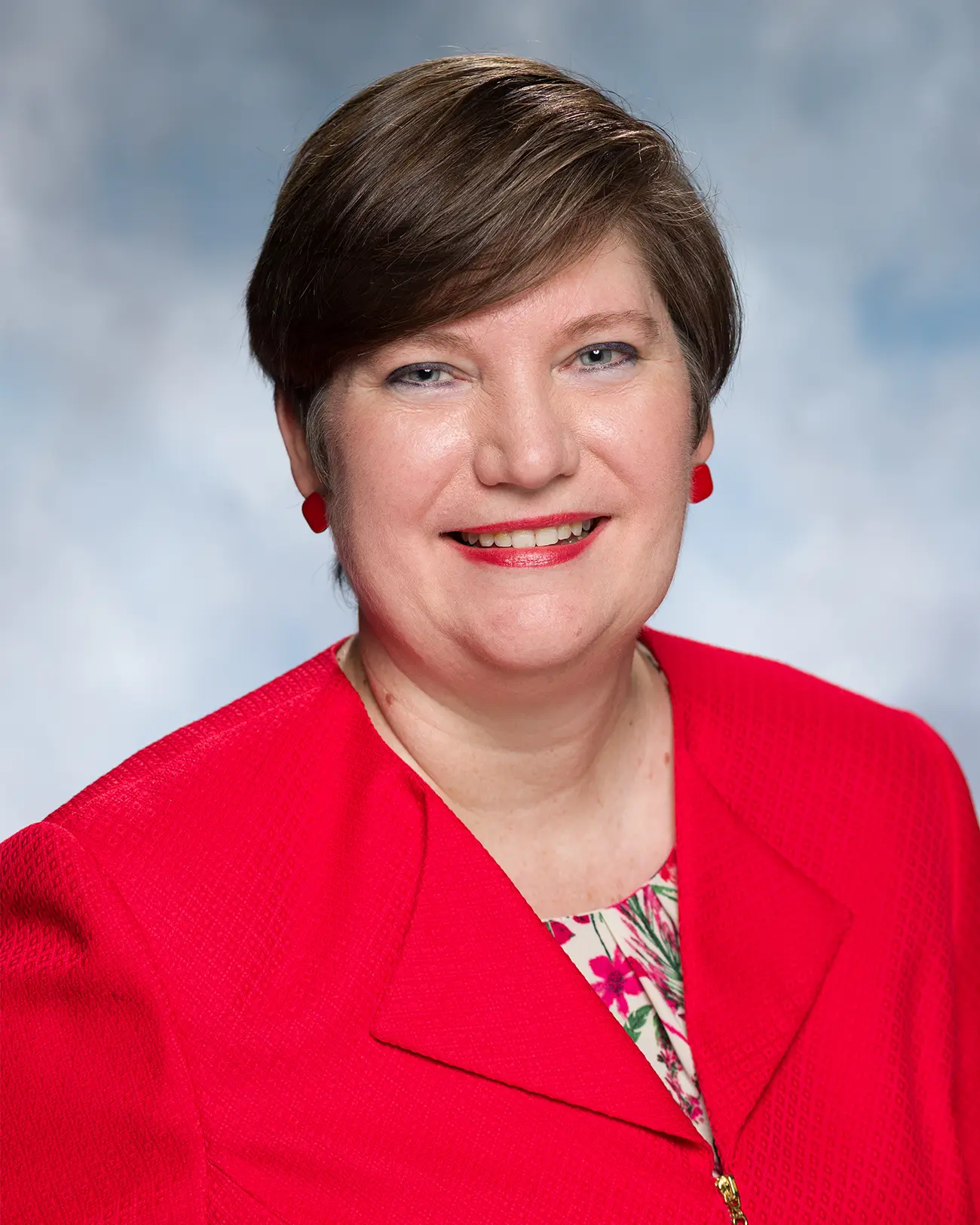
Monica Rears
Monica Rears
Community Partnerships Team
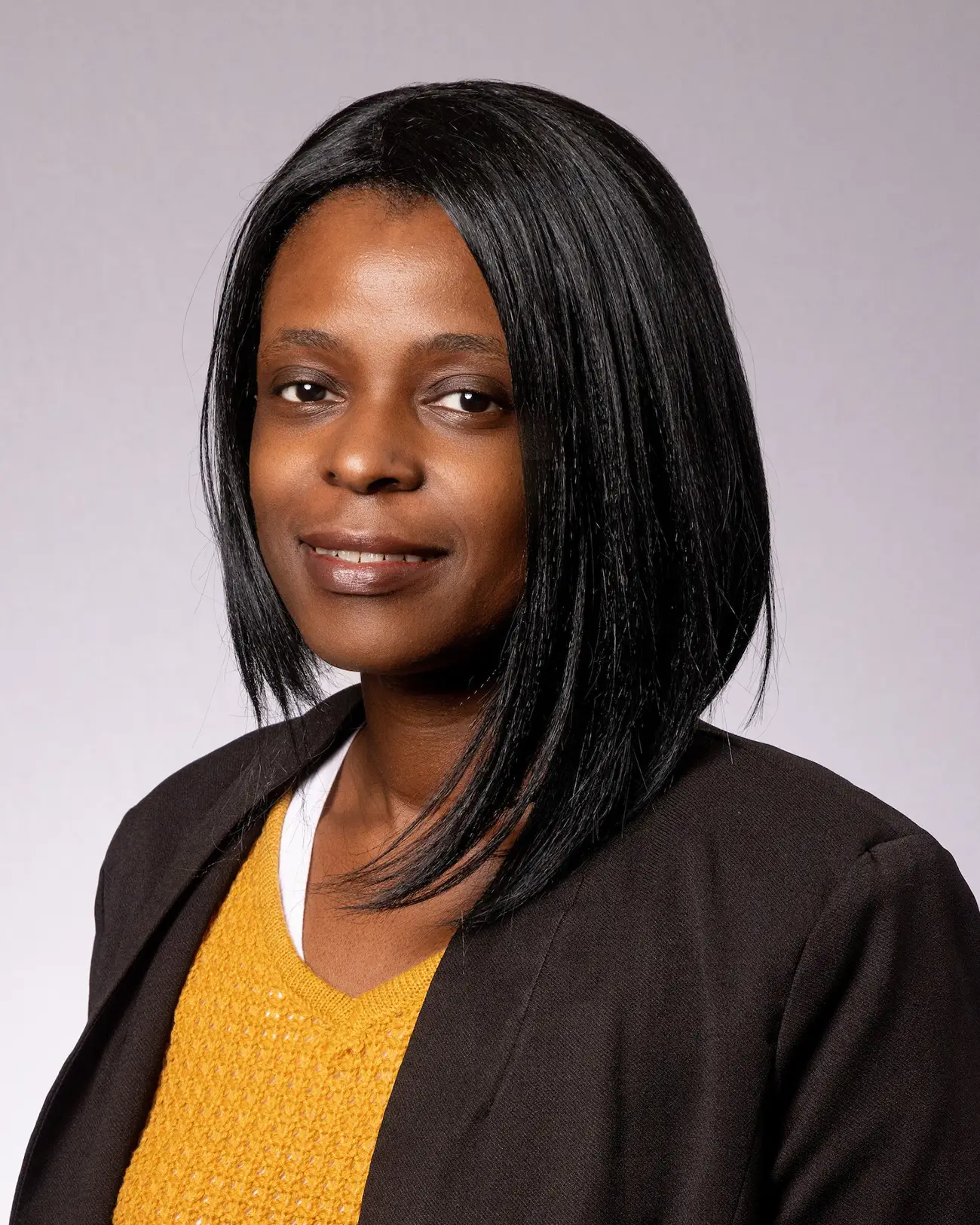
Quianna Yvette Green
Quianna Yvette Green
Ways to Get Involved
Take the Community Scientists Training:
The Community Scientist Training Program is a course offered by the Community Outreach and Engagement team at CINJ that trains community members to work directly with the science and research communities and foster bidirectional communication. ScreenNJ collaborates to connect the communities these individuals represent with our team of scientists to ensure that our research is reflective of the needs of these communities that we serve. Our goal is to educate and train individuals on how to effectively collaborate with research and ensure their respective communities understand the research being done that the community may ultimately benefit from. To do this, we use learning modules that cover topics like research 101, research ethics, types of research studies, informed consent, stakeholder engagement, overview of clinical trials, cancer basics, and cultural competency to ensure our Community Scientists are equipped with the knowledge and expertise to inform researchers. The program runs for a total of 9 weeks with new learning modules each week and a graduation at the end of the final session.
Trained community scientists have opportunities to engage with researchers through Science Cafes and work in progress connections, assist with ScreenNJ community grant reviews, provide program input, partner with ScreenNJ and more. Community Scientists have provided valuable feedback to researchers that shape their research efforts.
Want to be a part of bringing science and communities together?

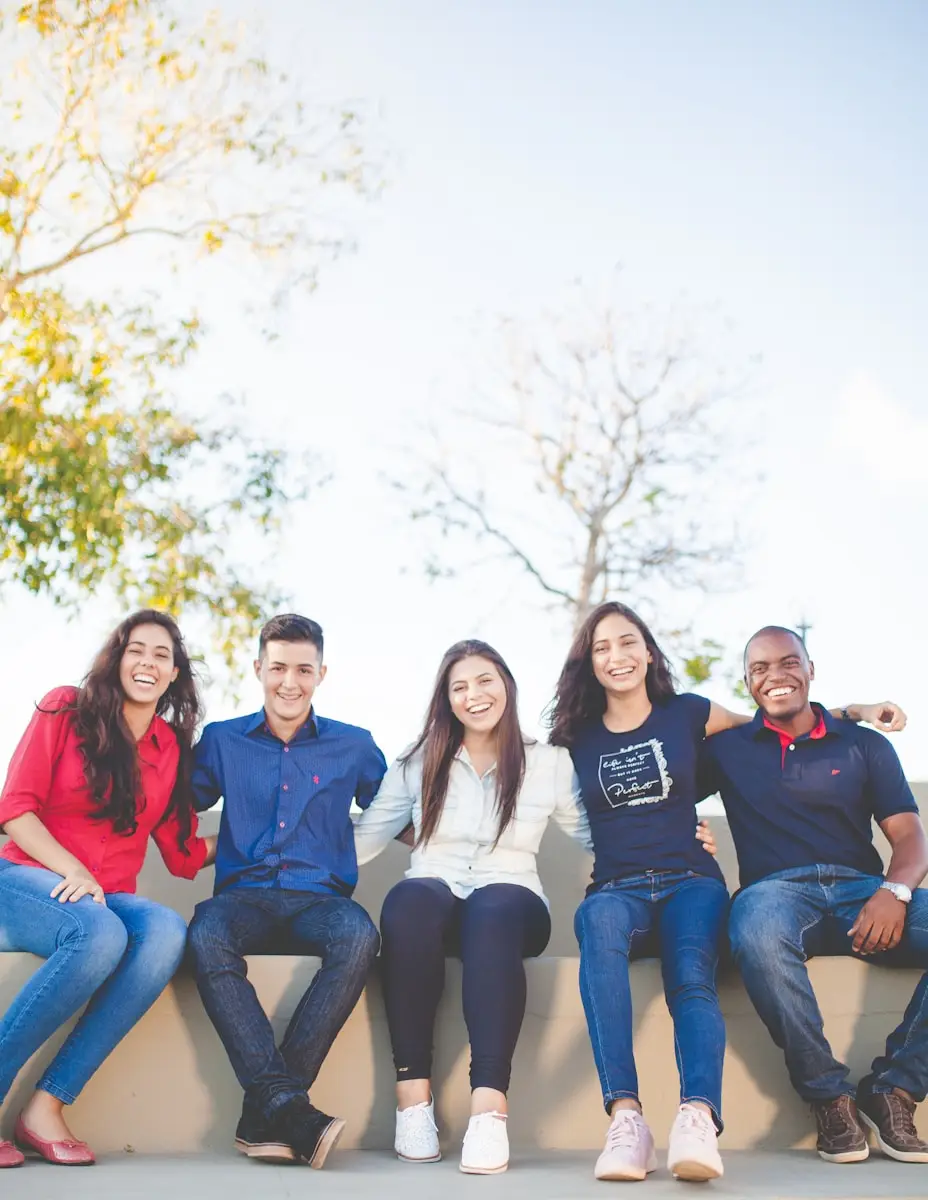
Become a Community Ambassador:
ScreenNJ works closely with the Community Ambassador Program offered by the Cancer Health Equity Center of Excellence at Rutgers Cancer Institute is an in-kind internship program for college students, community members, and individuals who are passionate about advancing the Center’s mission of reducing the cancer burden in New Jersey. Community ambassadors will be expected to participate in community outreach and engagement initiatives, including but not limited to tabling at community events across the state, hosting virtual and in-person educational workshops on various cancer and general health topics, and working with the COE team to enhance educational materials and develop new educational materials for future use. Community Ambassadors are ongoing indefinitely, and hours per week may vary based on departmental needs.
If you want to include learning objectives, learning objectives may include:
- Develop new educational materials to disseminate to community members;
- Identify specific needs regarding cancer within communities and effectively educate community members on various cancer topics through outreach;
- Effectively engage community members through virtual and in-personal educational workshops on different cancer & general health topics.
